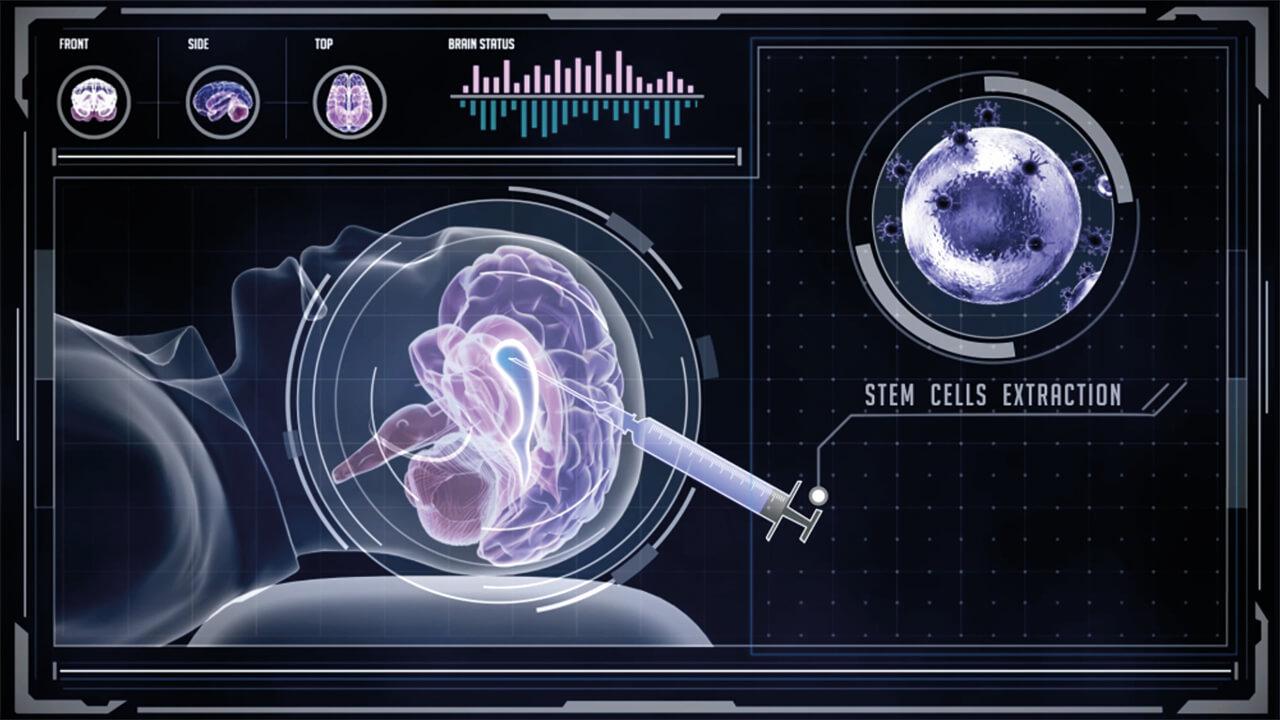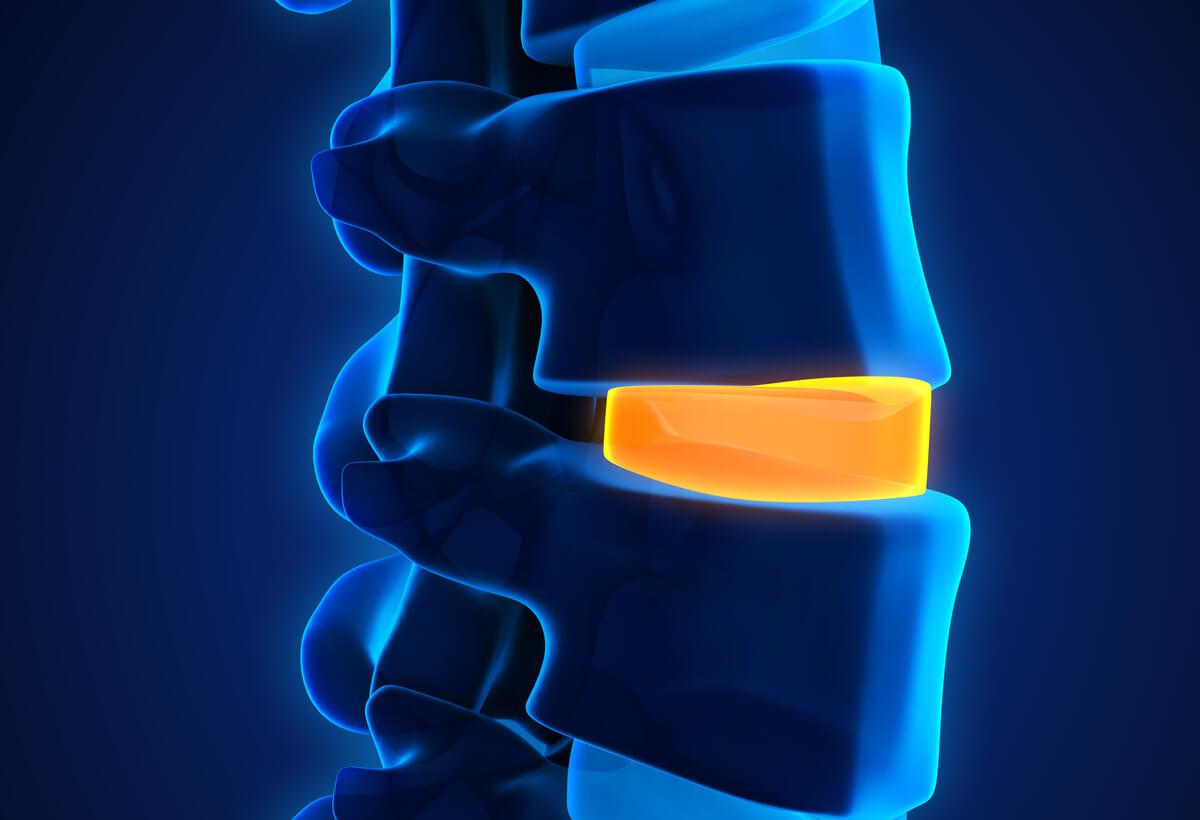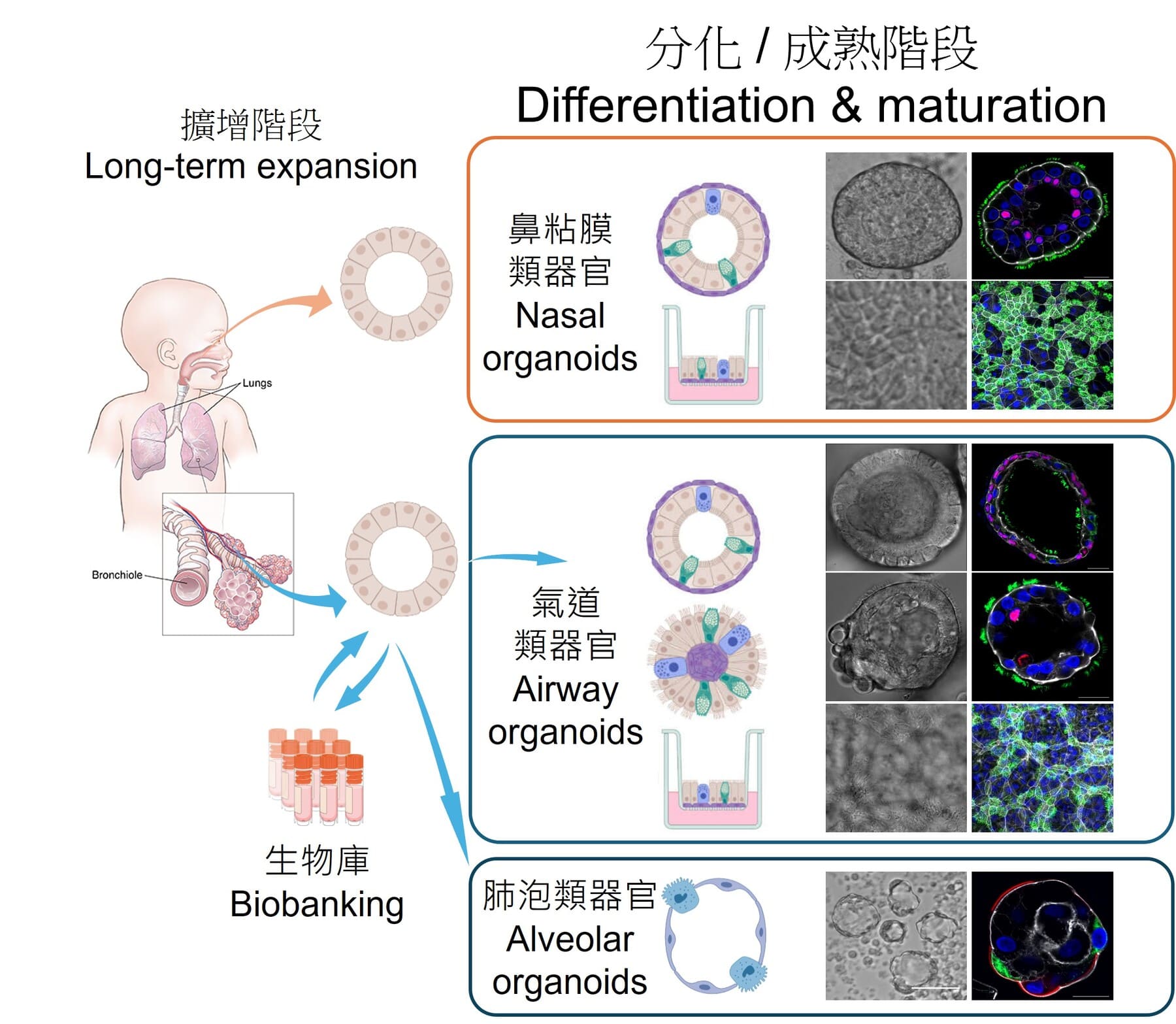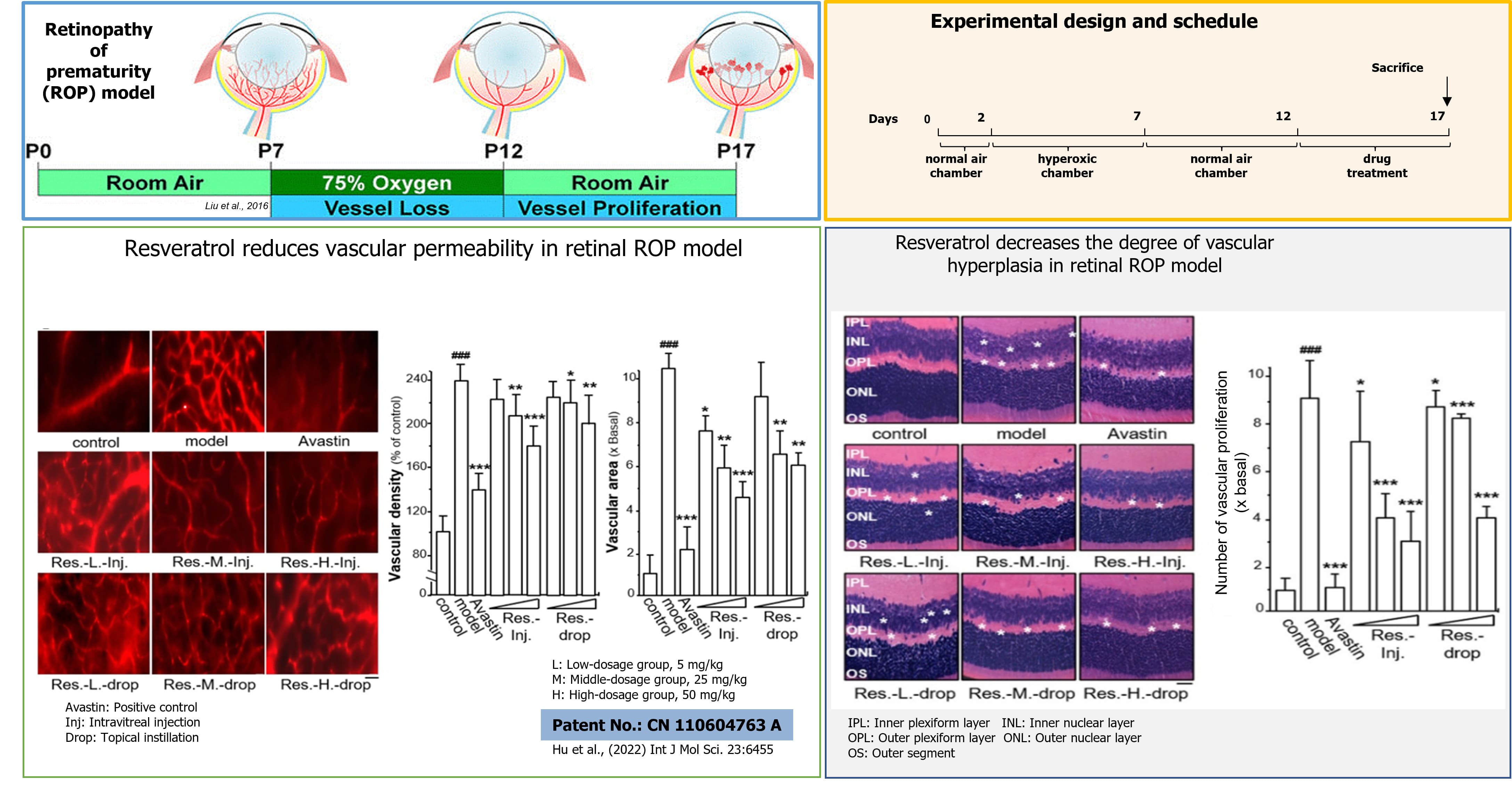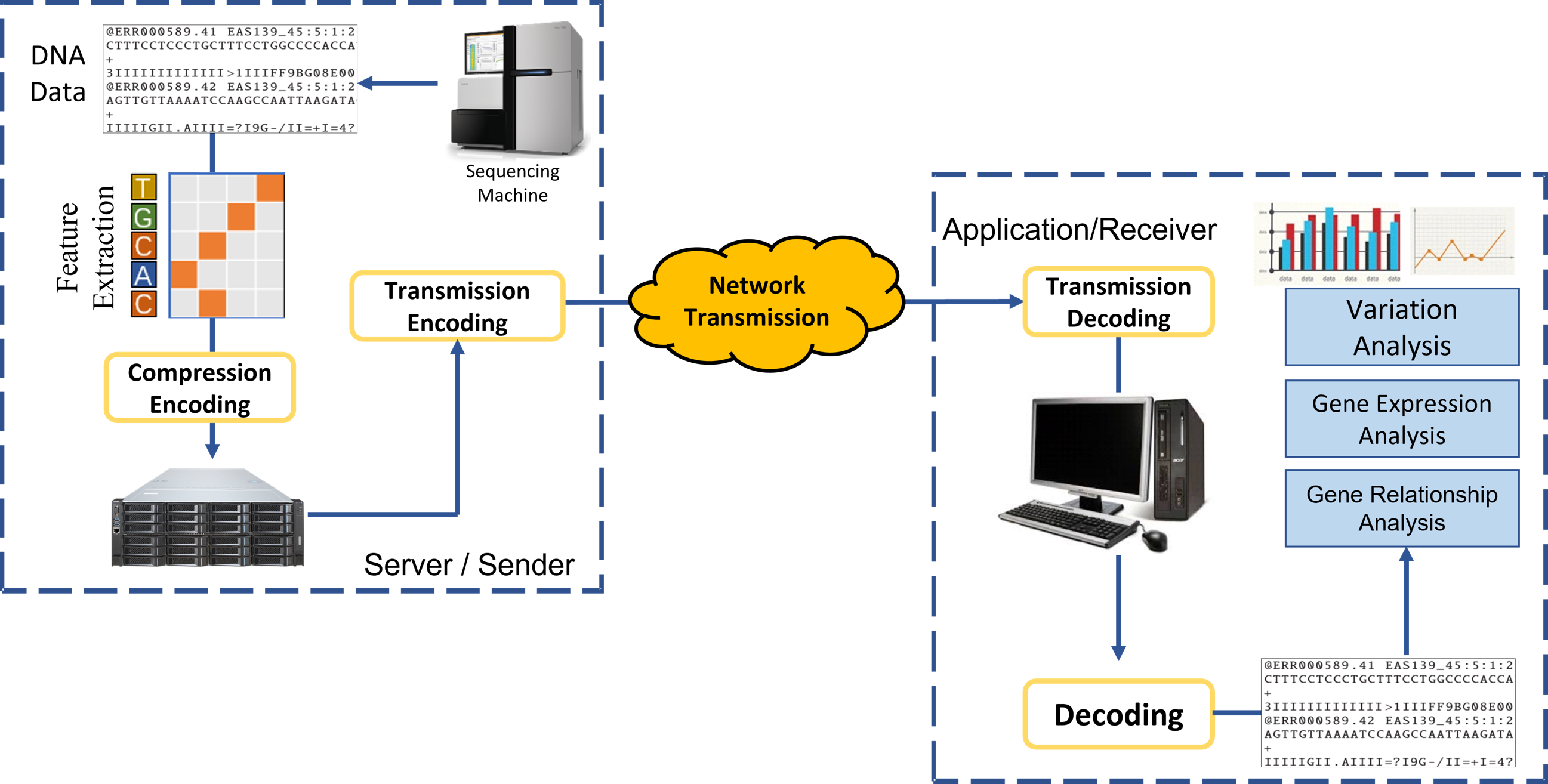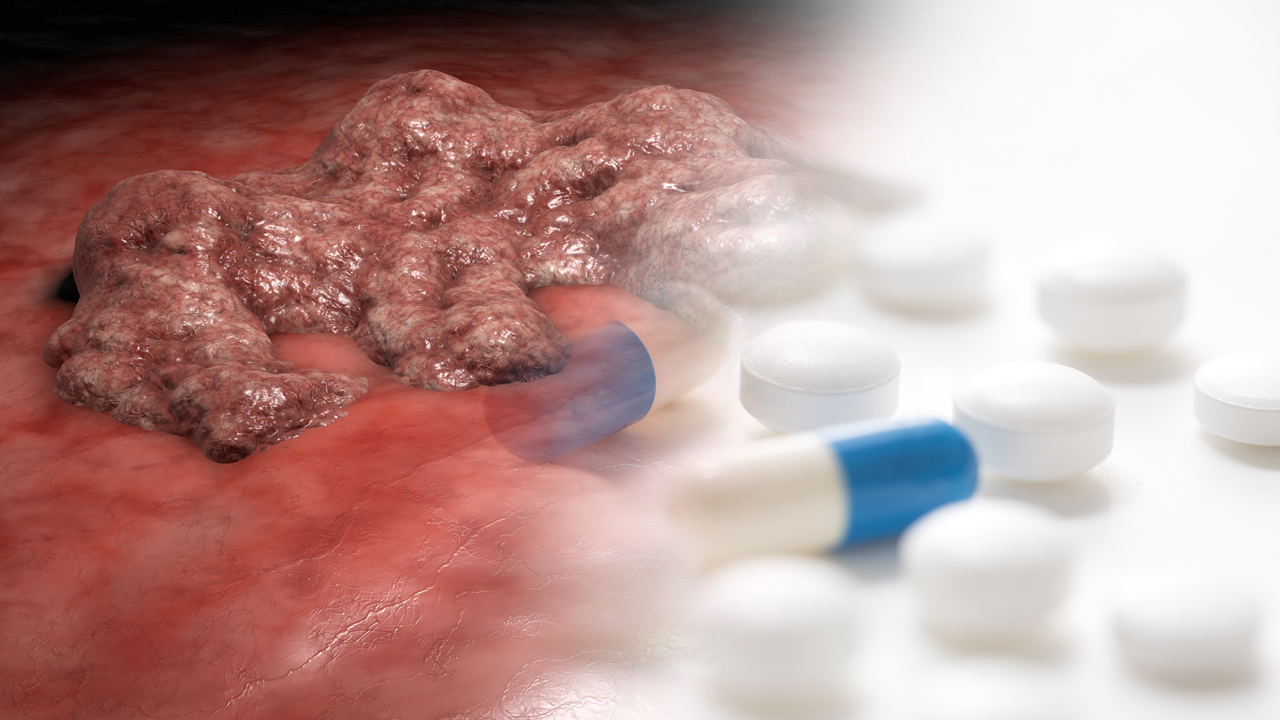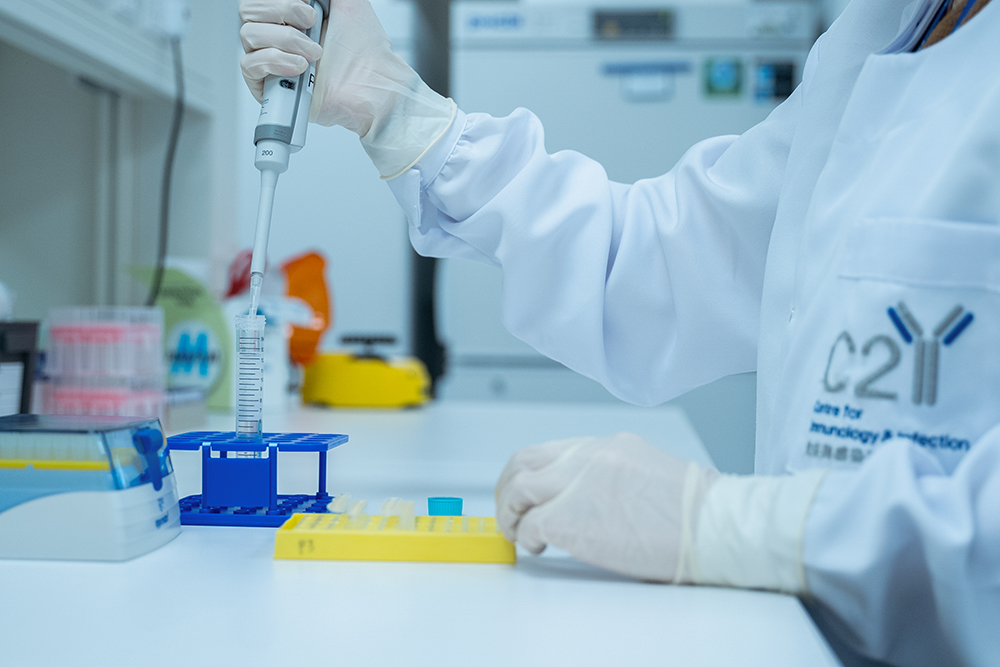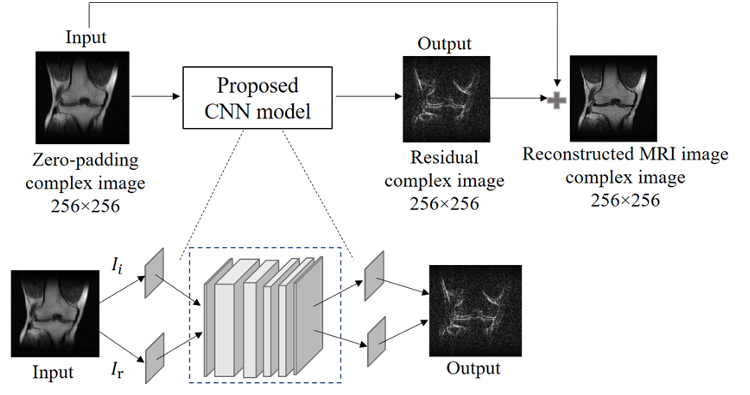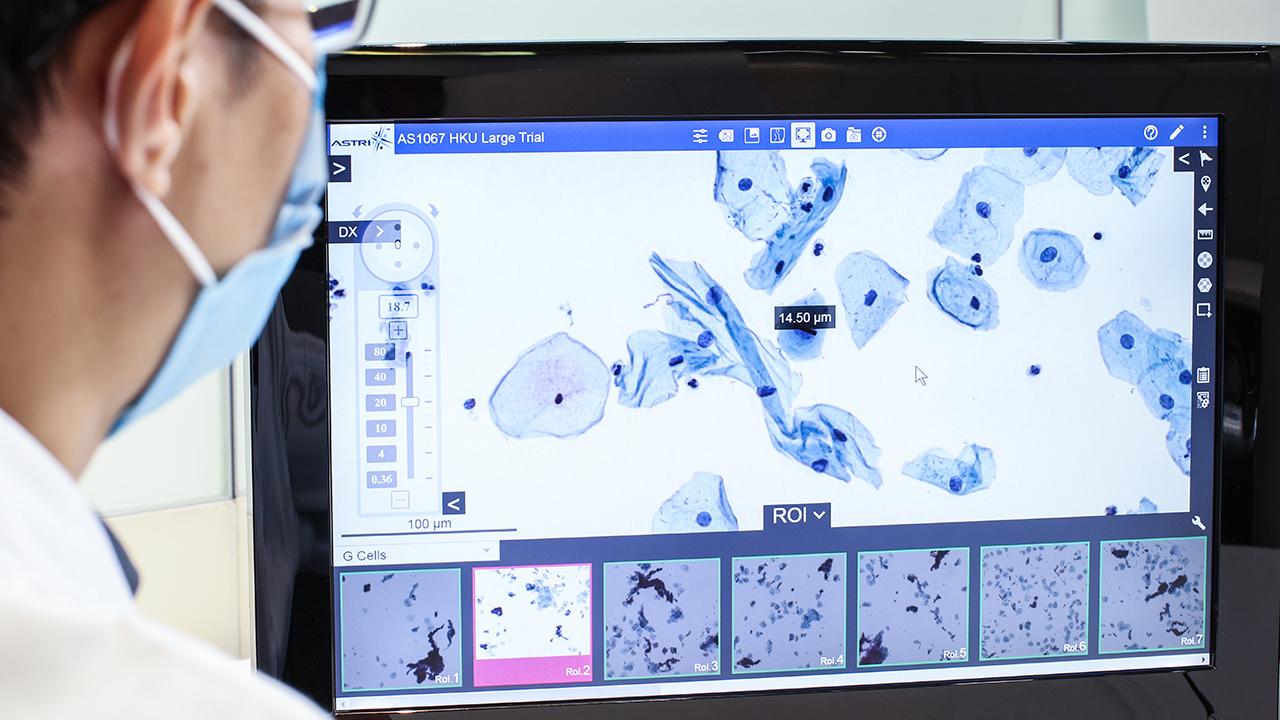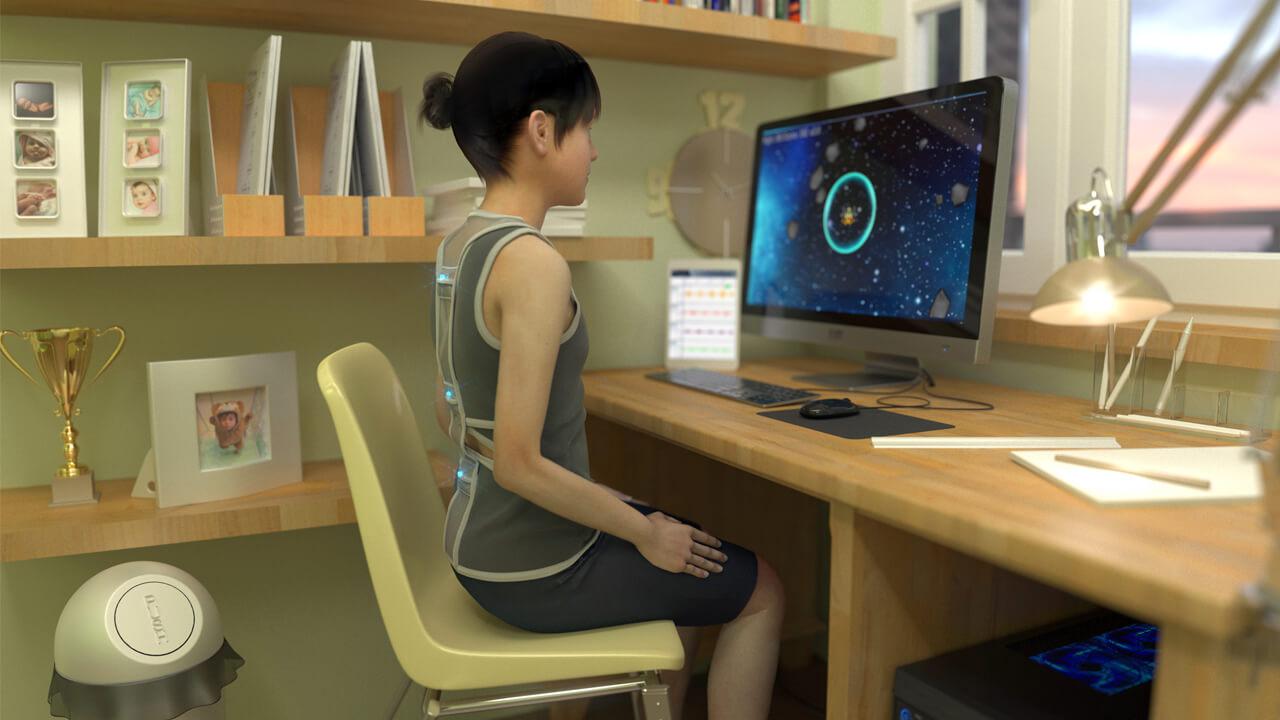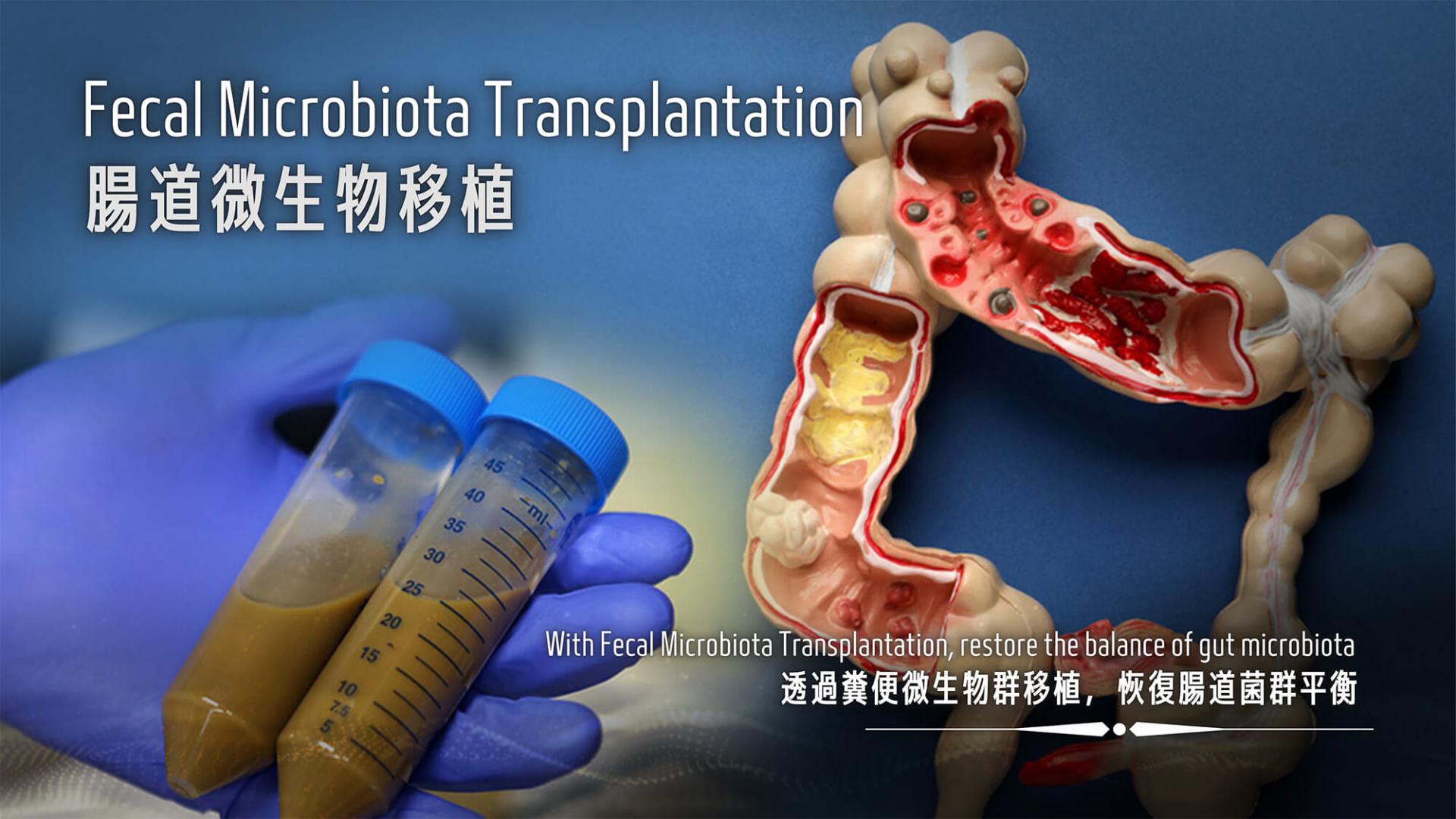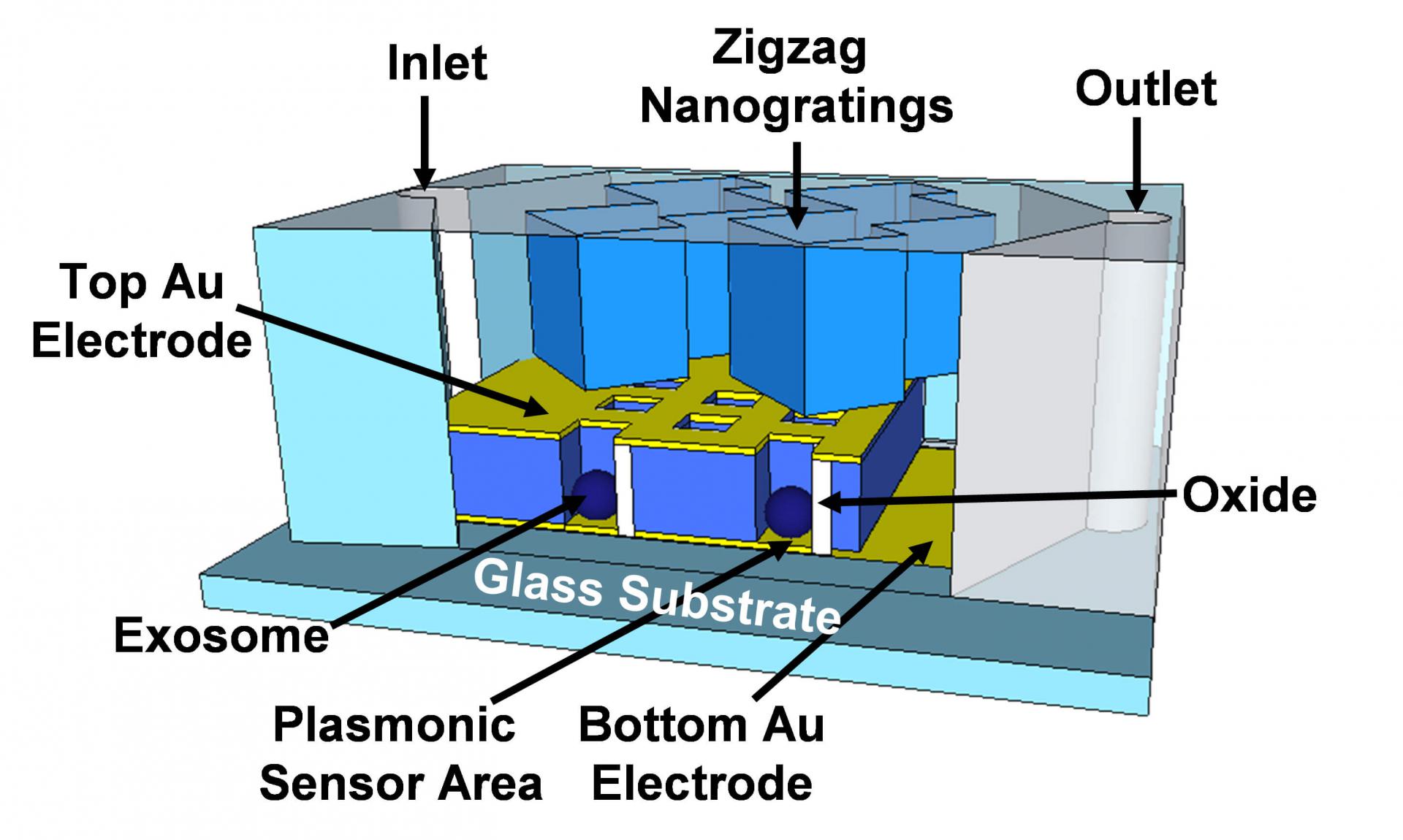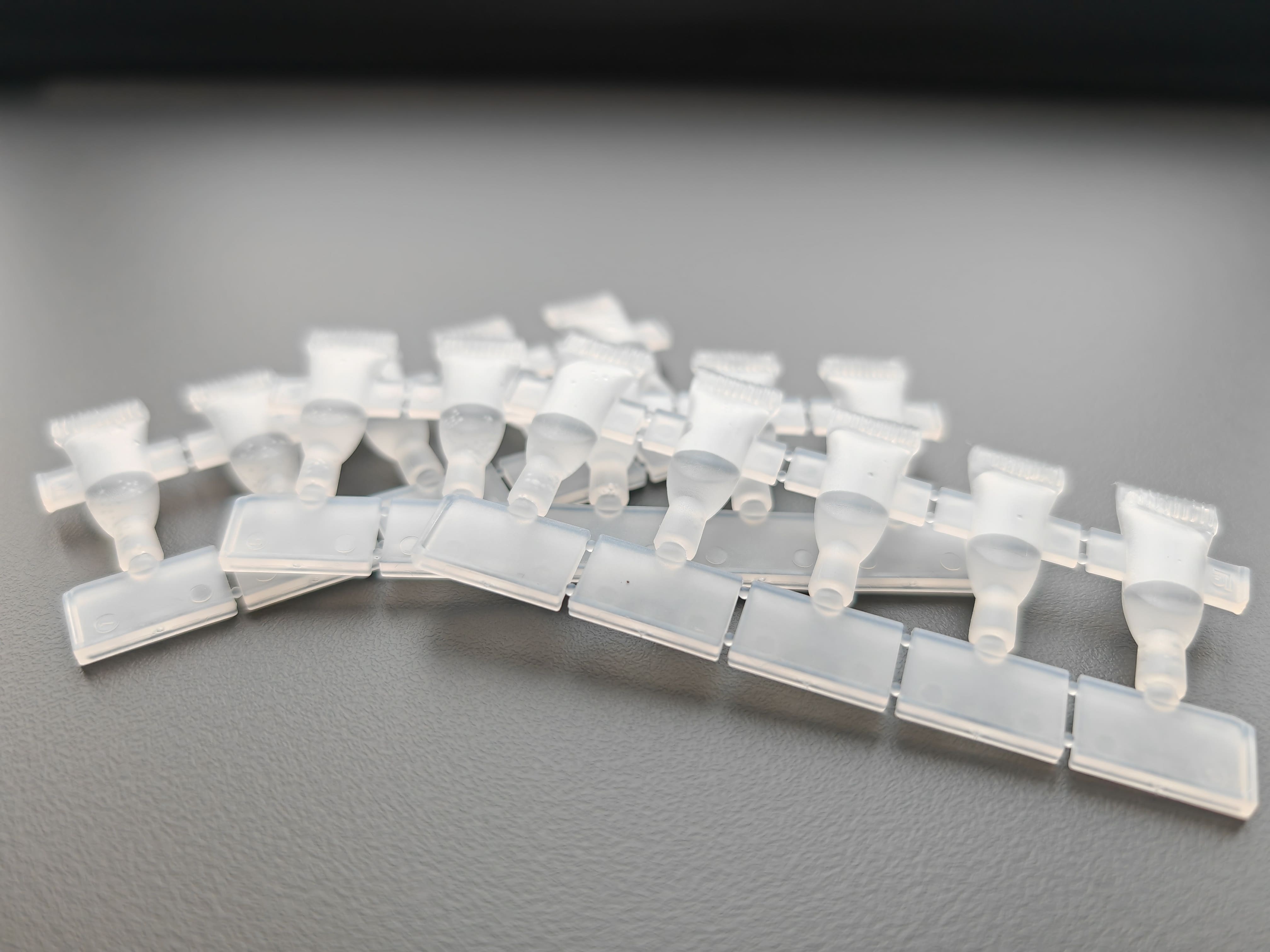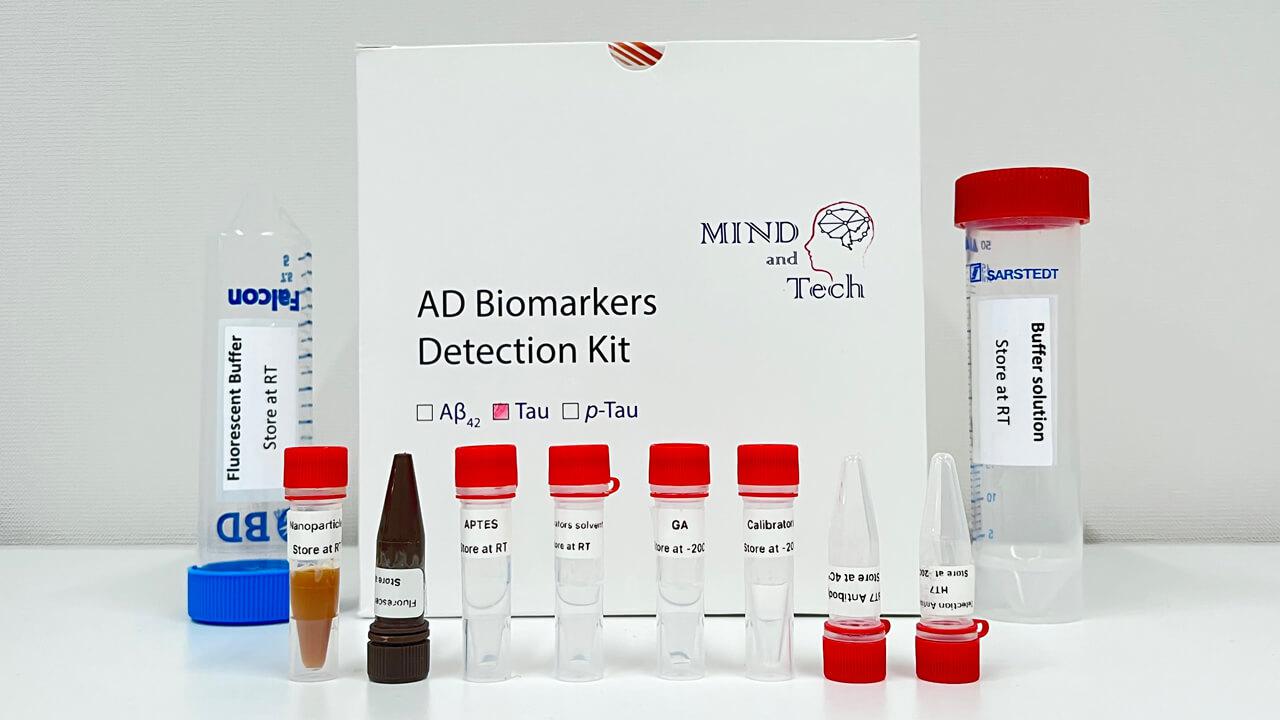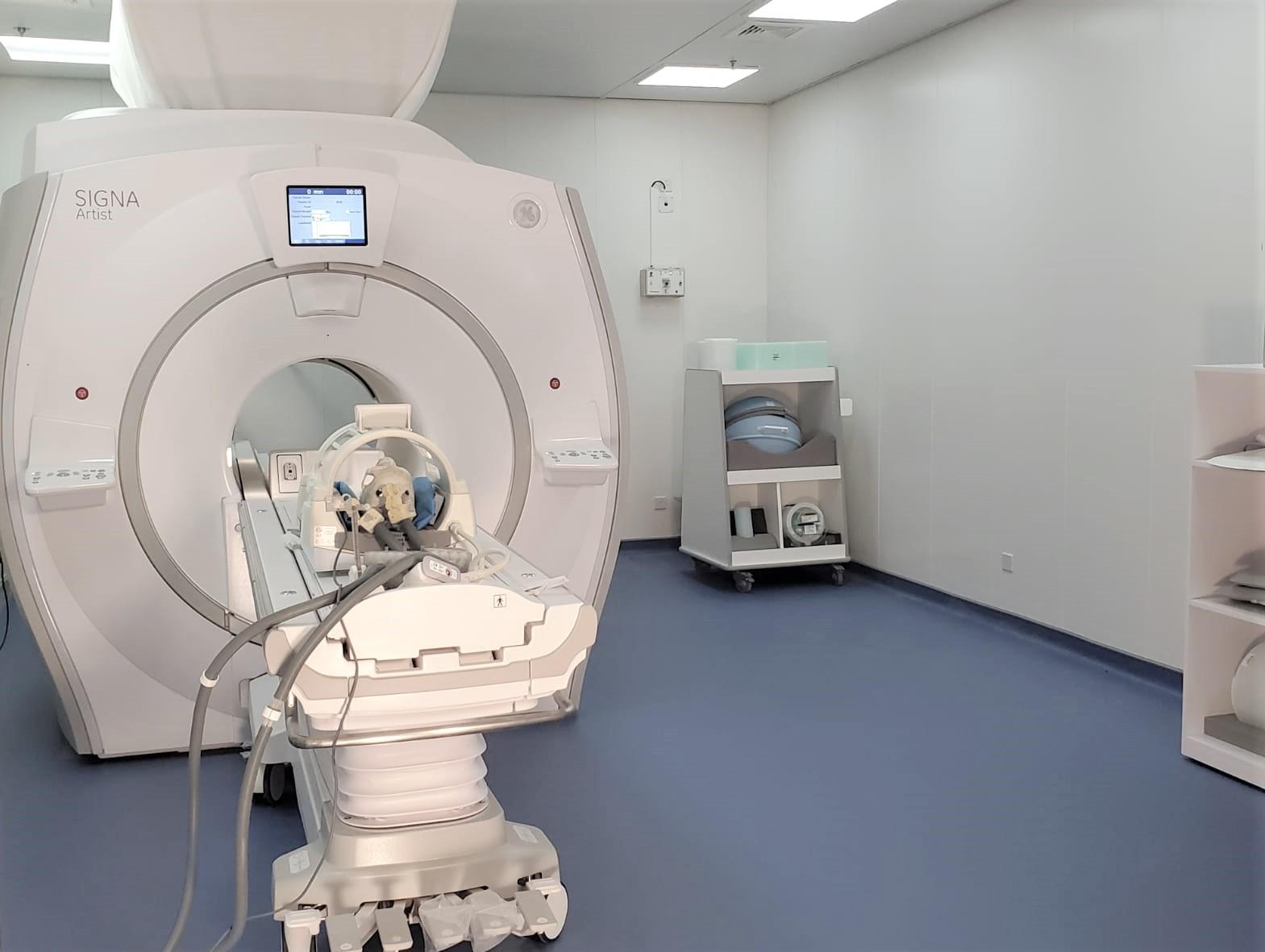
RefluxChip – A Miniature Battery-free Remote Sensing System for Real-Time Monitoring of Gastroesophageal Reflux Disease
Battery-free design of RefluxChip offers extended detection times, but also a sensing device that can avoid toxic materials from conventional batteries. Moreover, without the constraint of the batteries, the small size of RefluxChip enables easy-to-operate deployment via endoscopic delivery. With such advantages, the RefluxChip system is expected to provide a better strategy that can clinically benefit patients with gastroesophageal reflux disease (GERD) in a non-invasive fashion.
Gastroesophageal reflux disease (GERD) has high prevalence around the world. In clinic, esophageal pH monitoring is accepted as the gold standard for diagnosis of GERD. However, current methods used in clinic have different problems such as discomfort to patients, false negative test, short monitoring time and potential risk from the battery.
- Miniature battery-free remote sensing system, RefluxChip, with extended detection period for real-time monitoring of GERD in a non-invasive and inexpensive fashion.
- Similar to a lemon battery, RefluxChip is powered by the redox reaction between the electrodes and refluxed gastric acid from the patient’s stomach. The harvested energy is used to power the RF transmitter.
- Battery-free design offers extended detection times (up to 8 days), also it can avoid toxic materials from conventional batteries.
- Untethered design offers less discomfort to patients.
- Avoid toxic materials from conventional batteries. Moreover, without the constraint of the batteries, the small size of RefluxChip enables easy-to-operate deployment via endoscopic delivery.
- Gold Medal with Congratulation of the jury of International Exhibition of Inventions Geneva 2023
- GERD Diagnosis
- pH monitoring in human body
Patent
- US non-provisional Patent, 16/992,761
Founded in 1963, The Chinese University of Hong Kong (CUHK) is a forward-looking comprehensive research university with a global vision and a mission to combine tradition with modernity, and to bring together China and the West. CUHK teachers and students hail from all around the world. Four Nobel laureates are associated with the university, and it is the only tertiary institution in Hong Kong with recipients of the Nobel Prize, Turing Award, Fields Medal and Veblen Prize sitting as faculty in residence. CUHK graduates are connected worldwide through an extensive alumni network. CUHK undertakes a wide range of research programmes in many subject areas, and strives to provide scope for all academic staff to undertake consultancy and collaborative projects with industry.
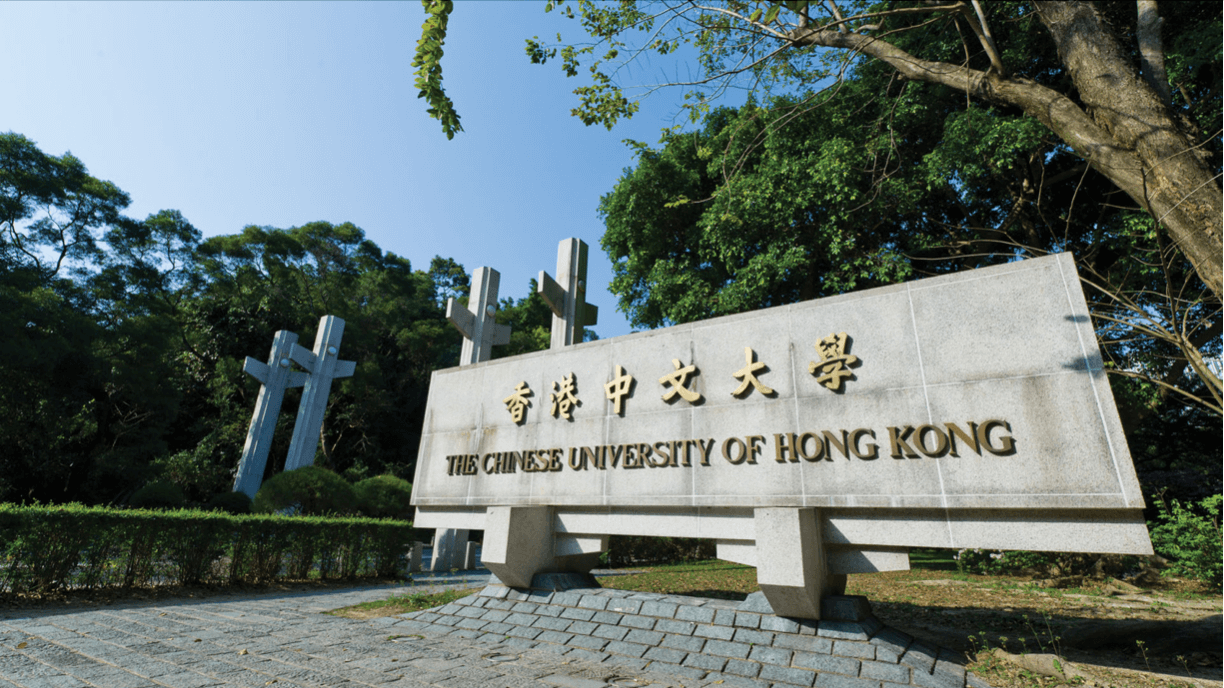
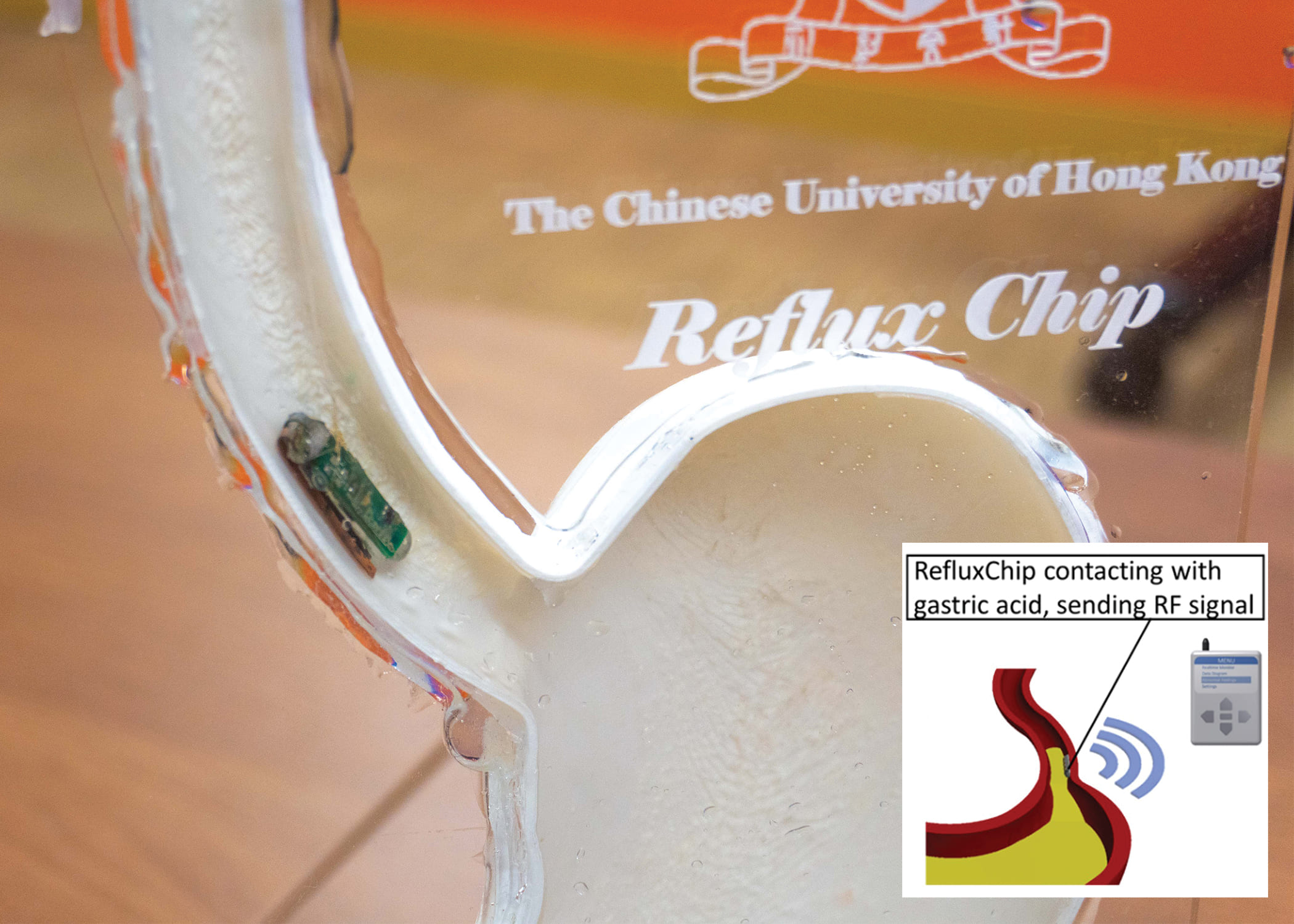


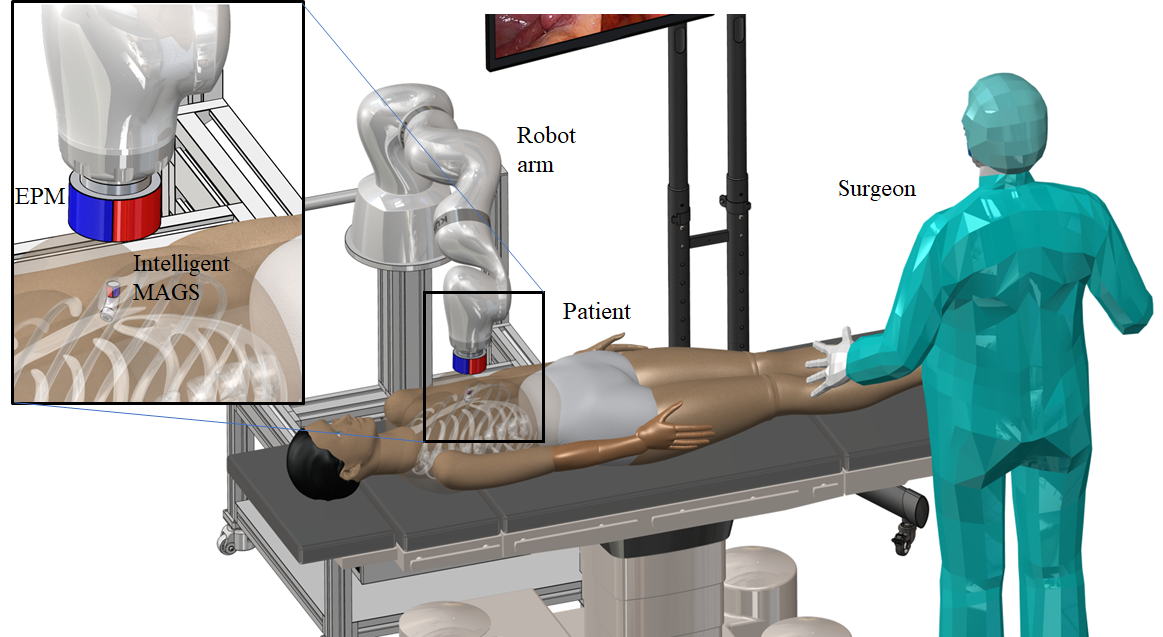
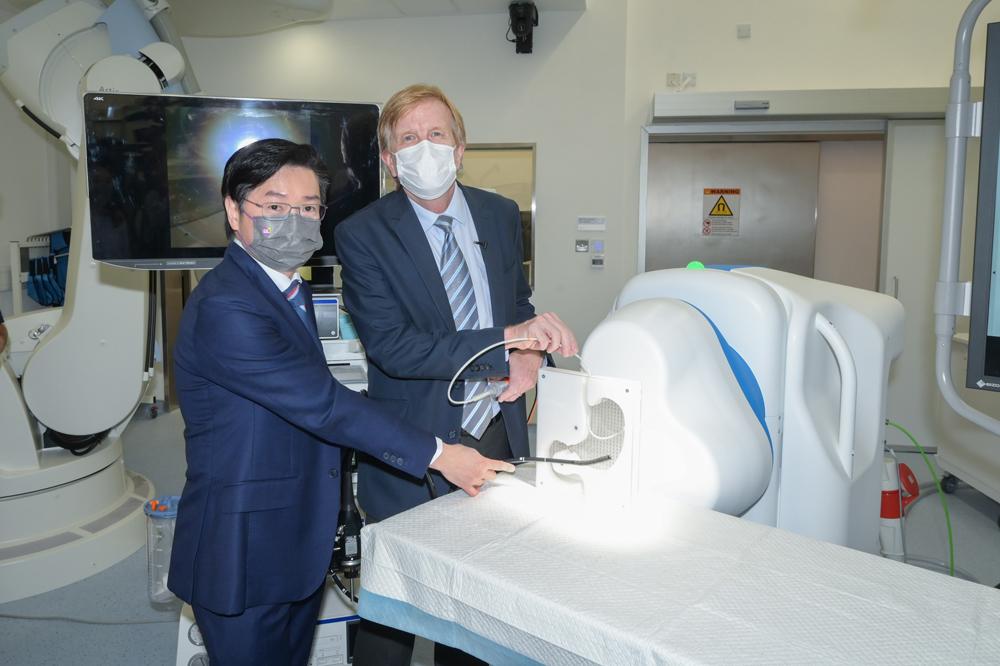
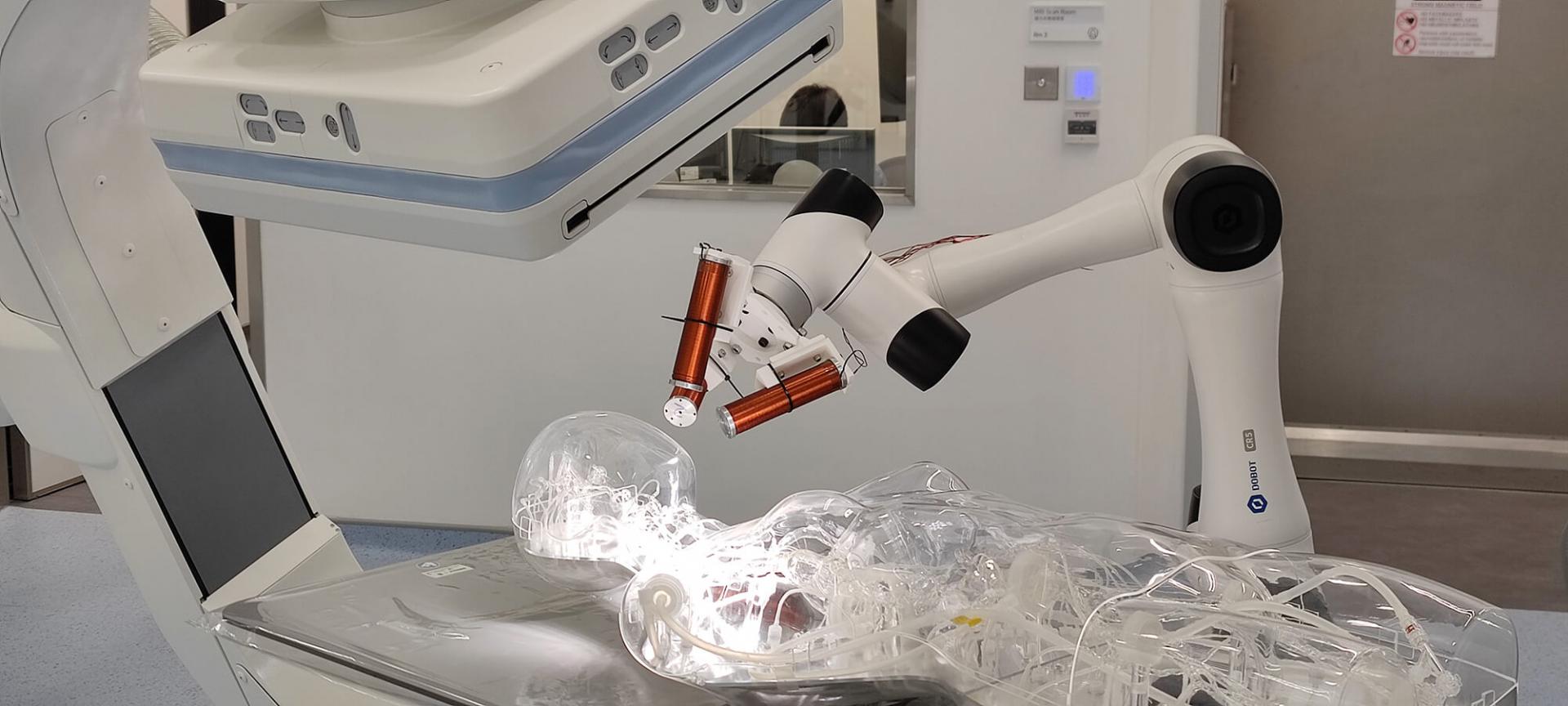



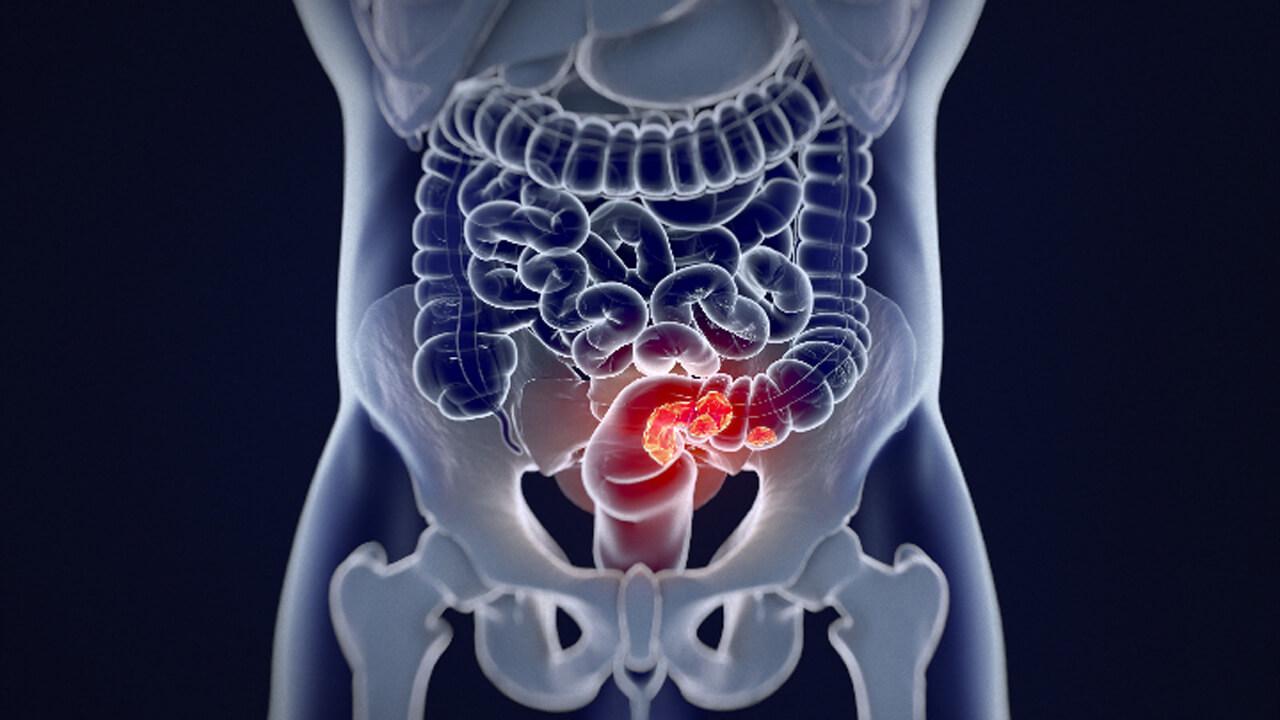

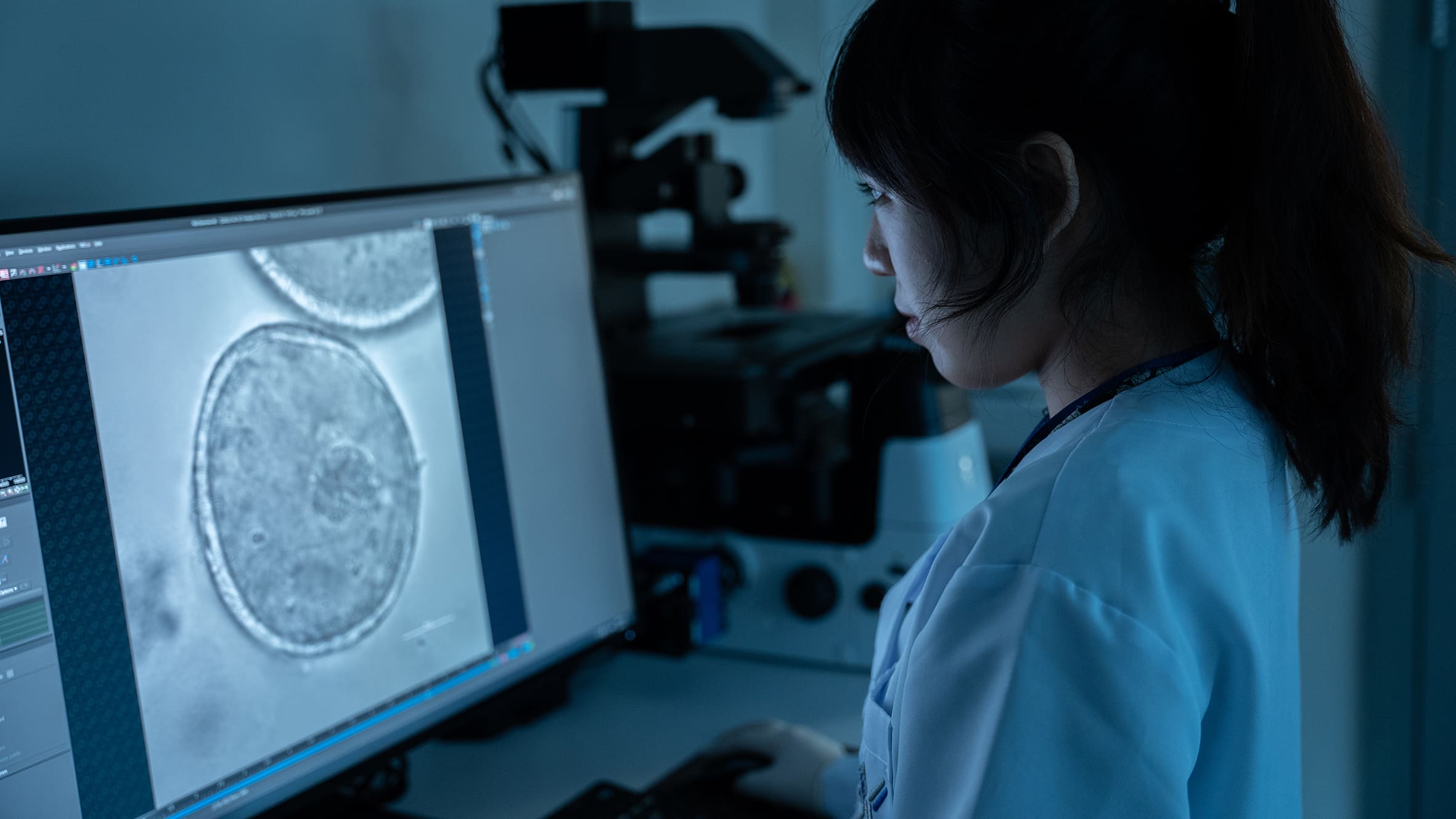
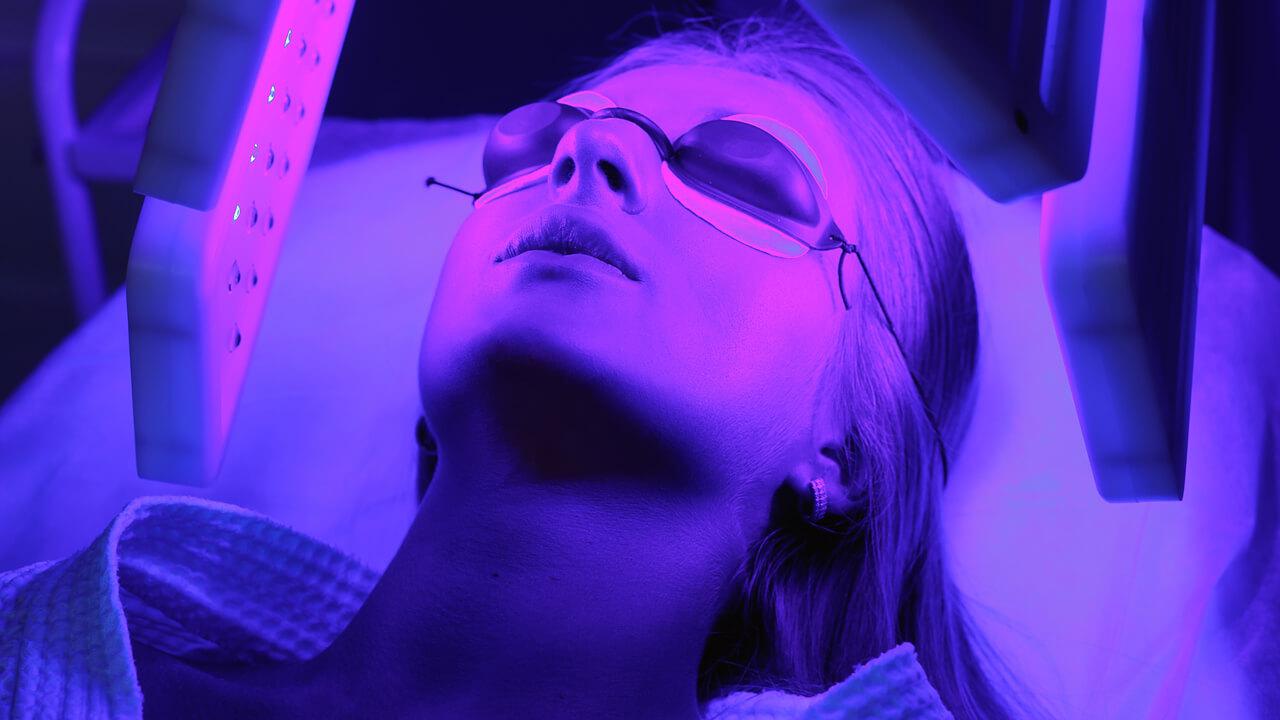


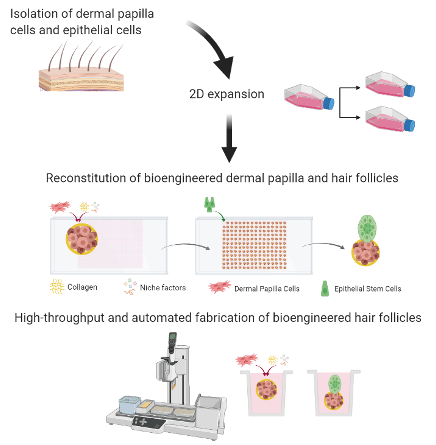
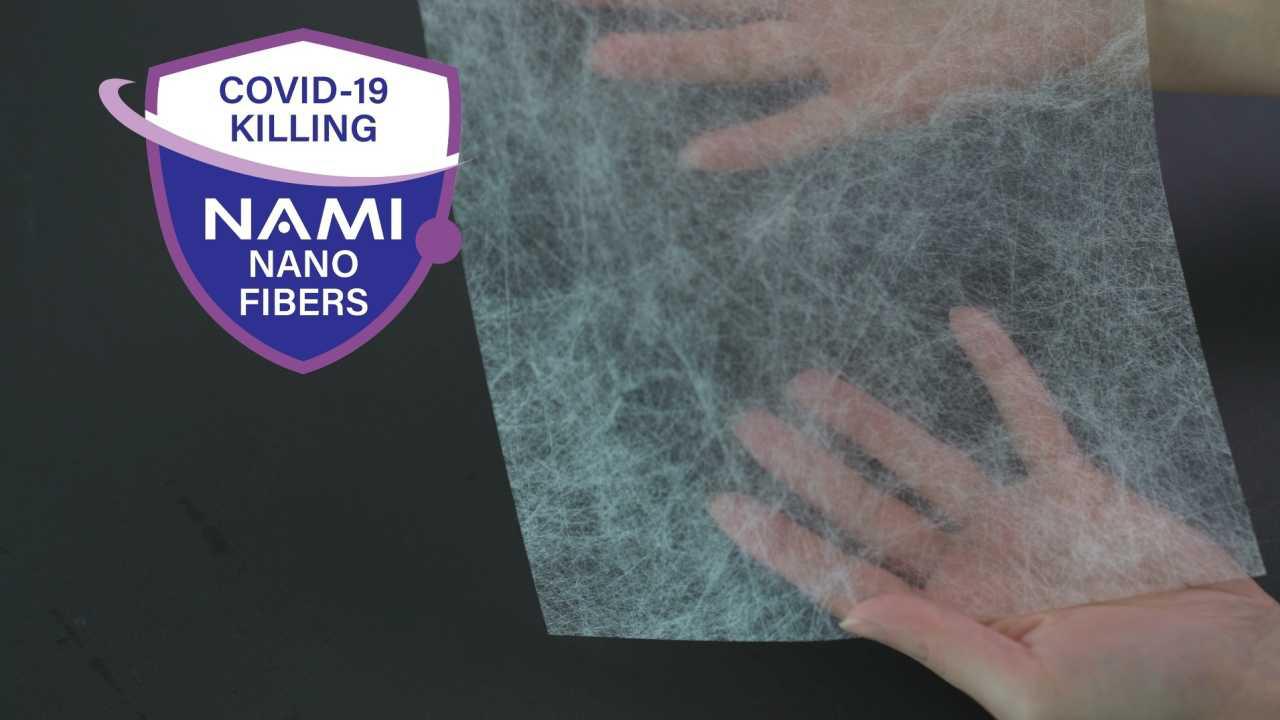
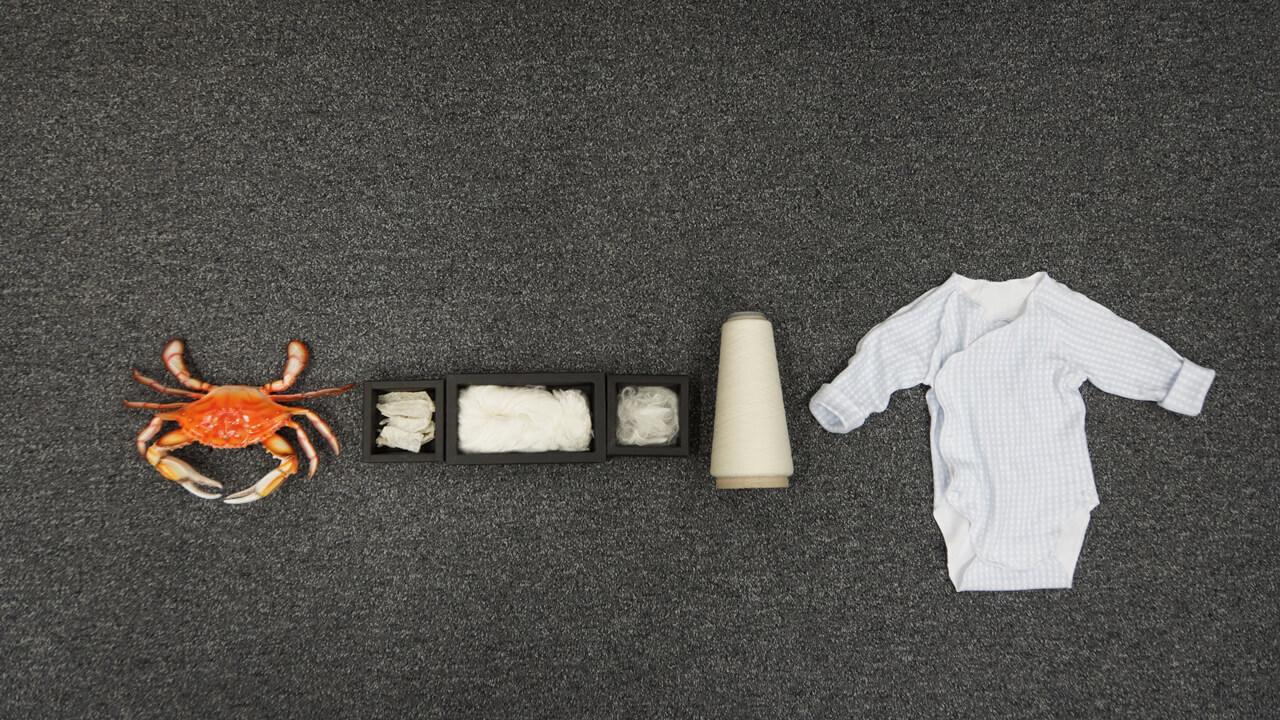
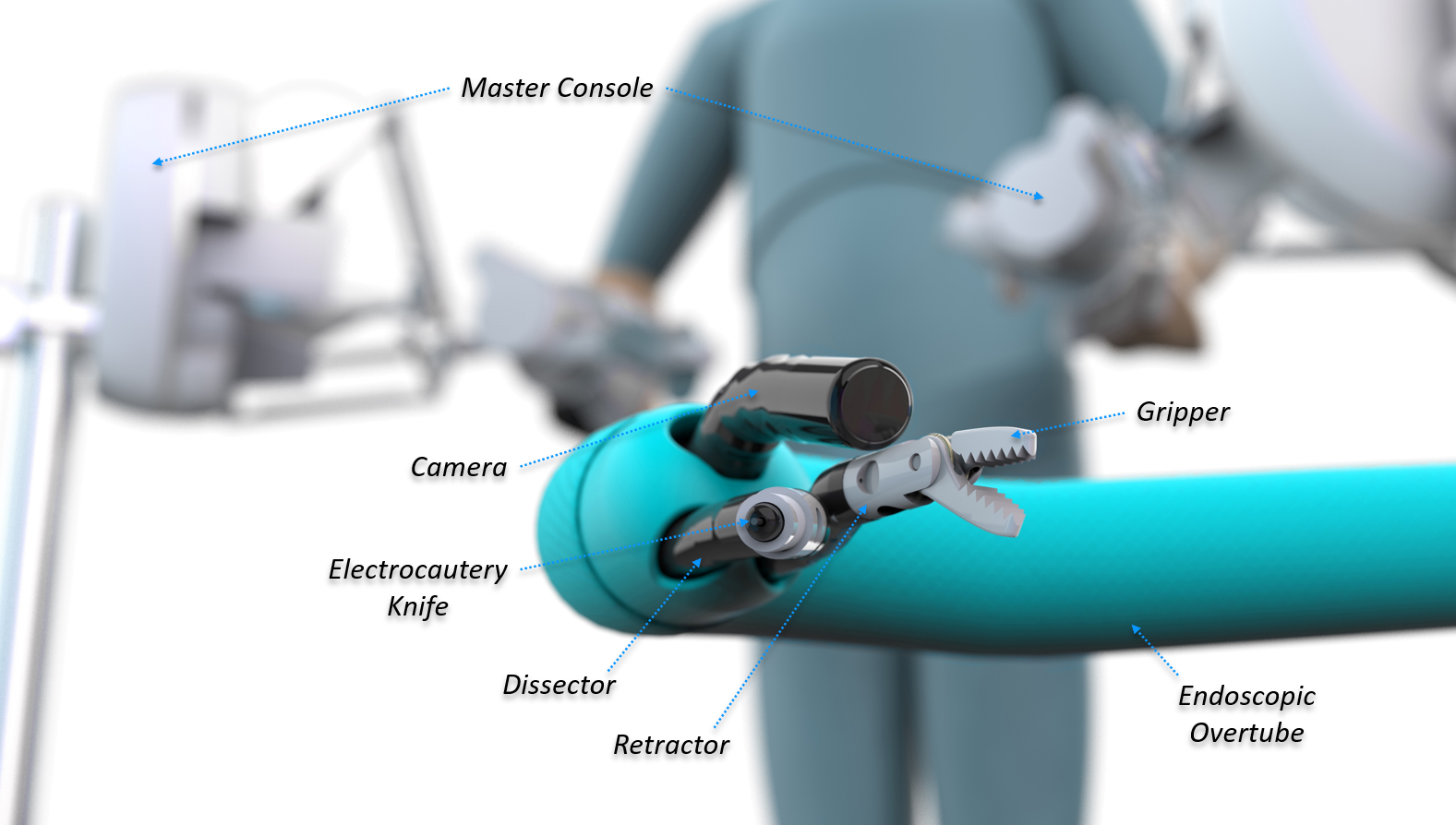
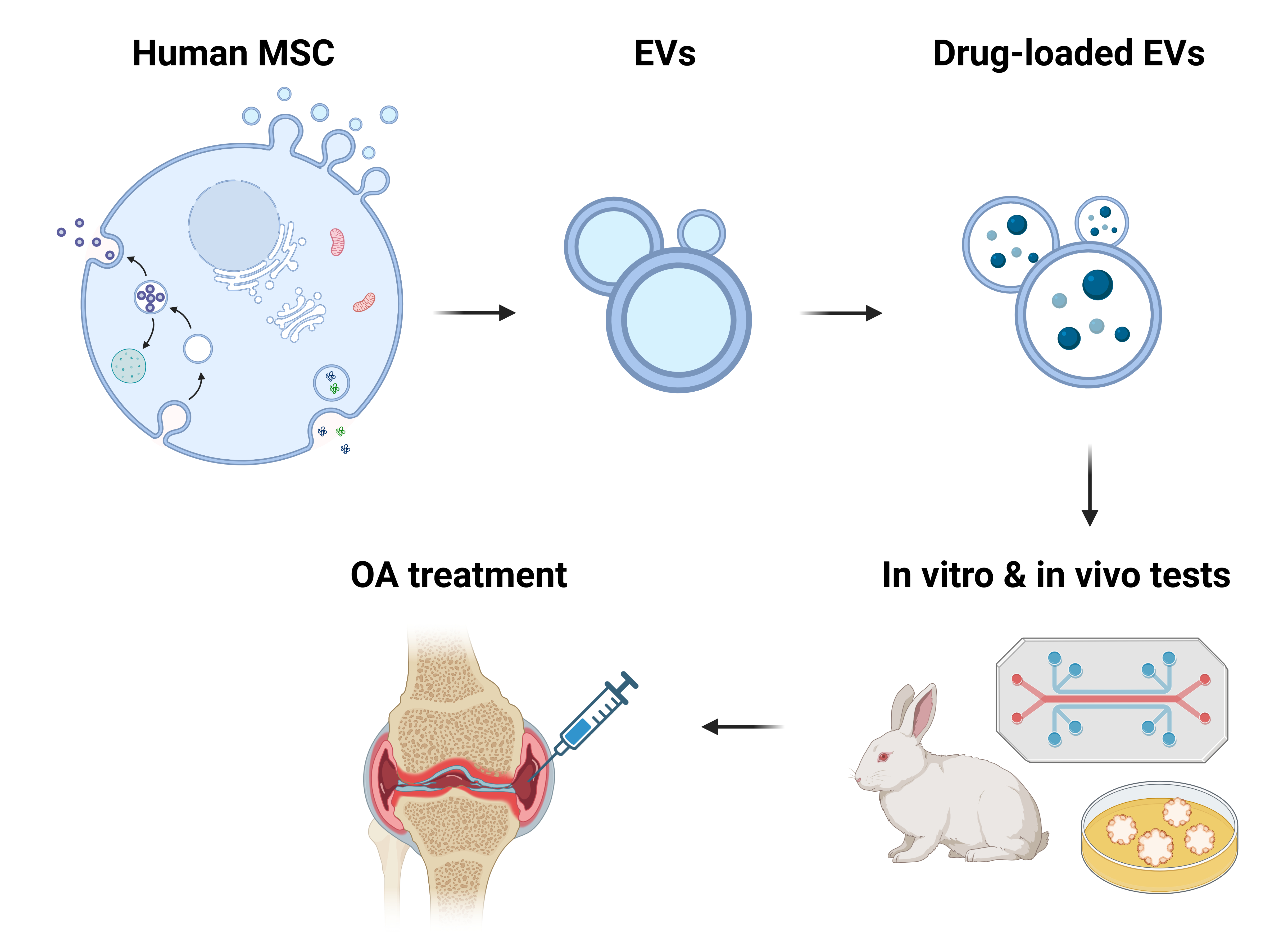
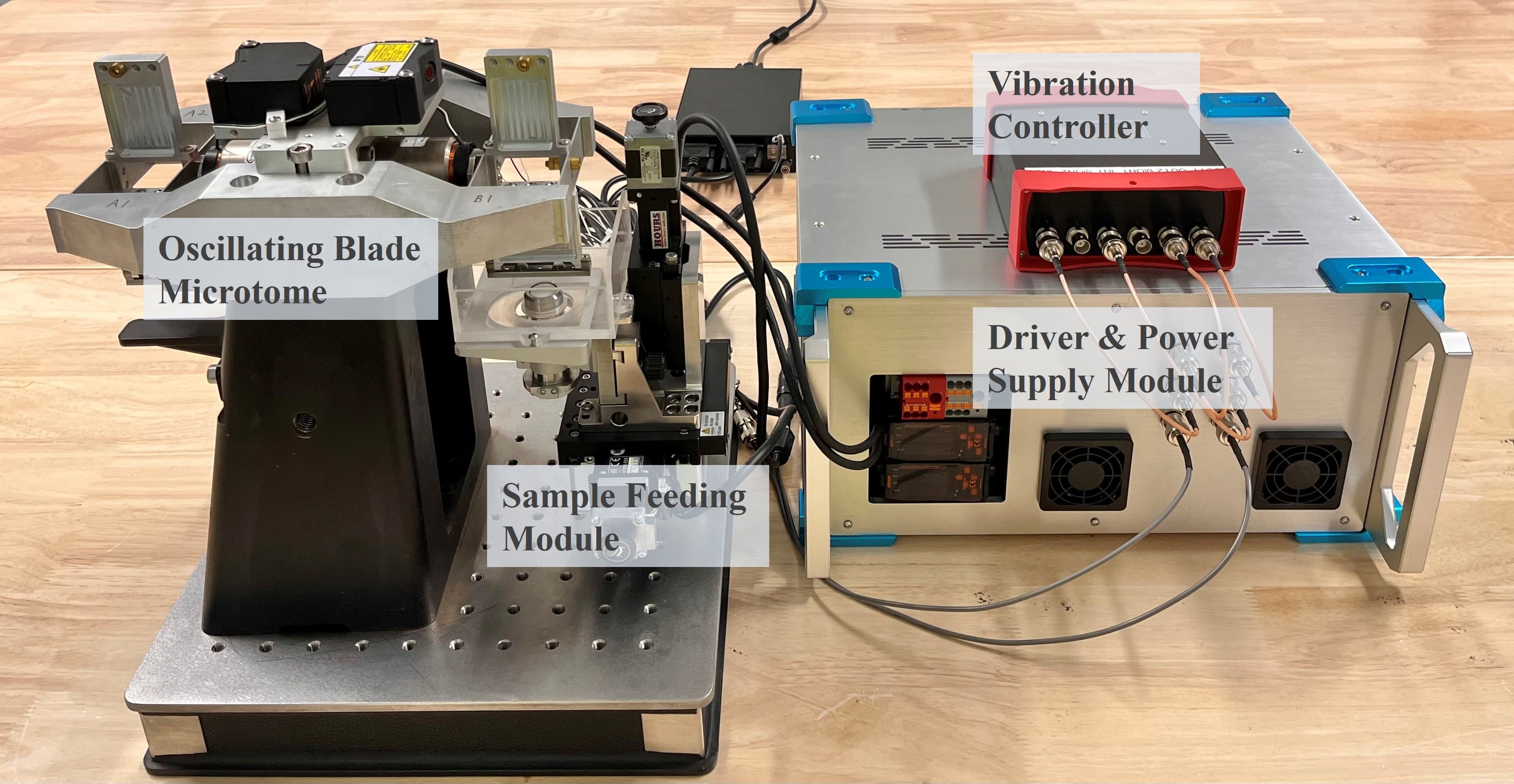


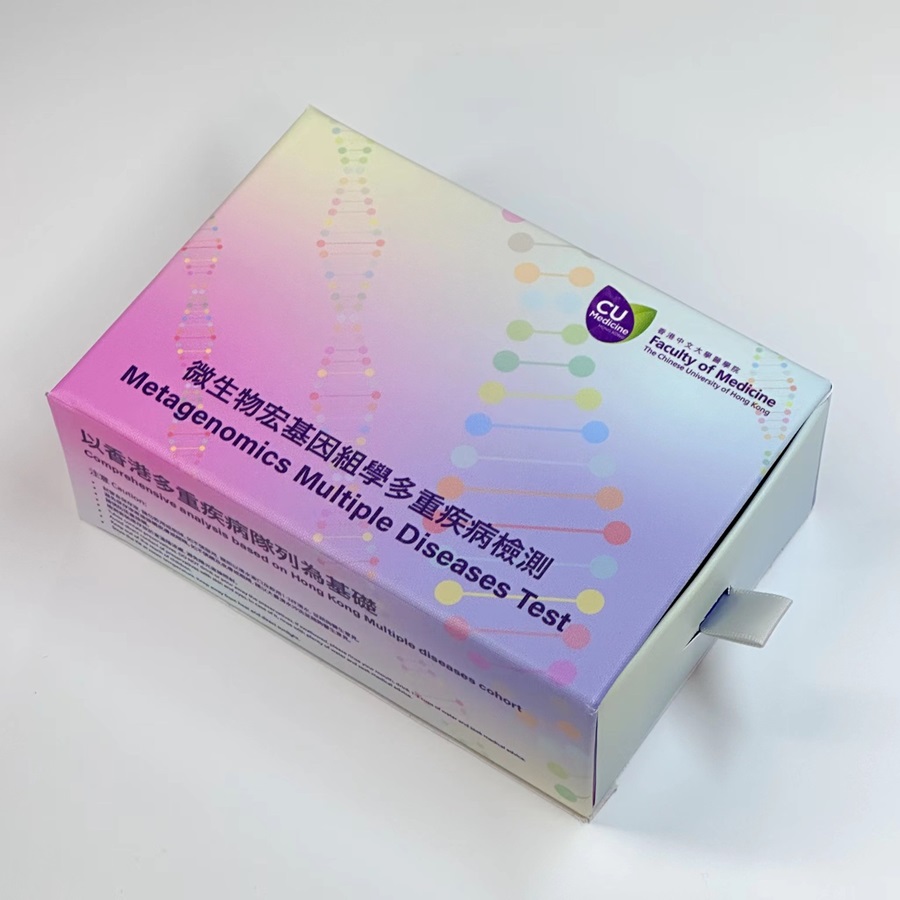
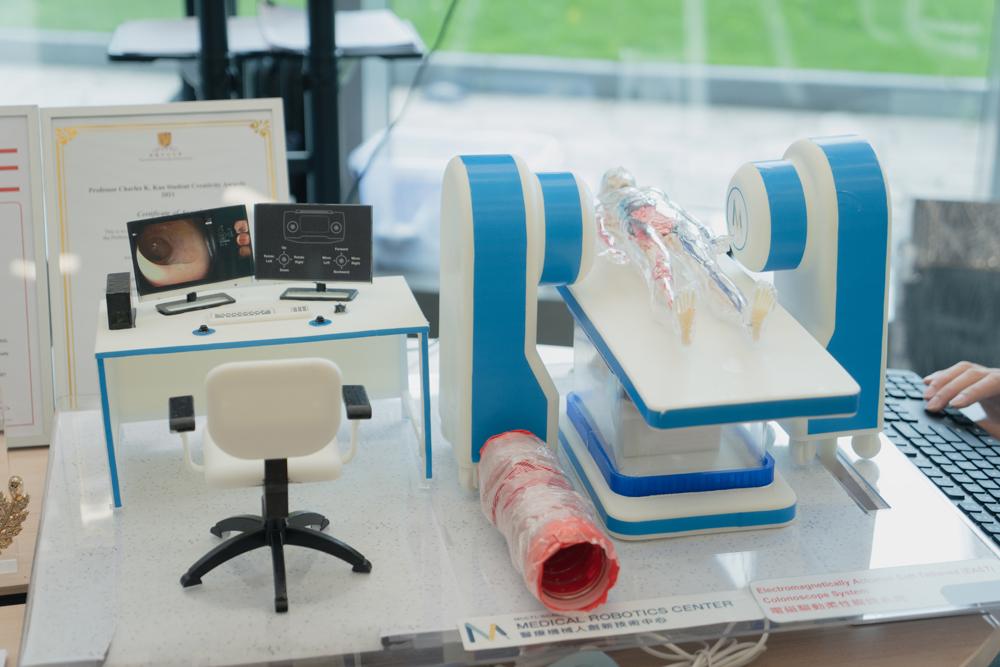
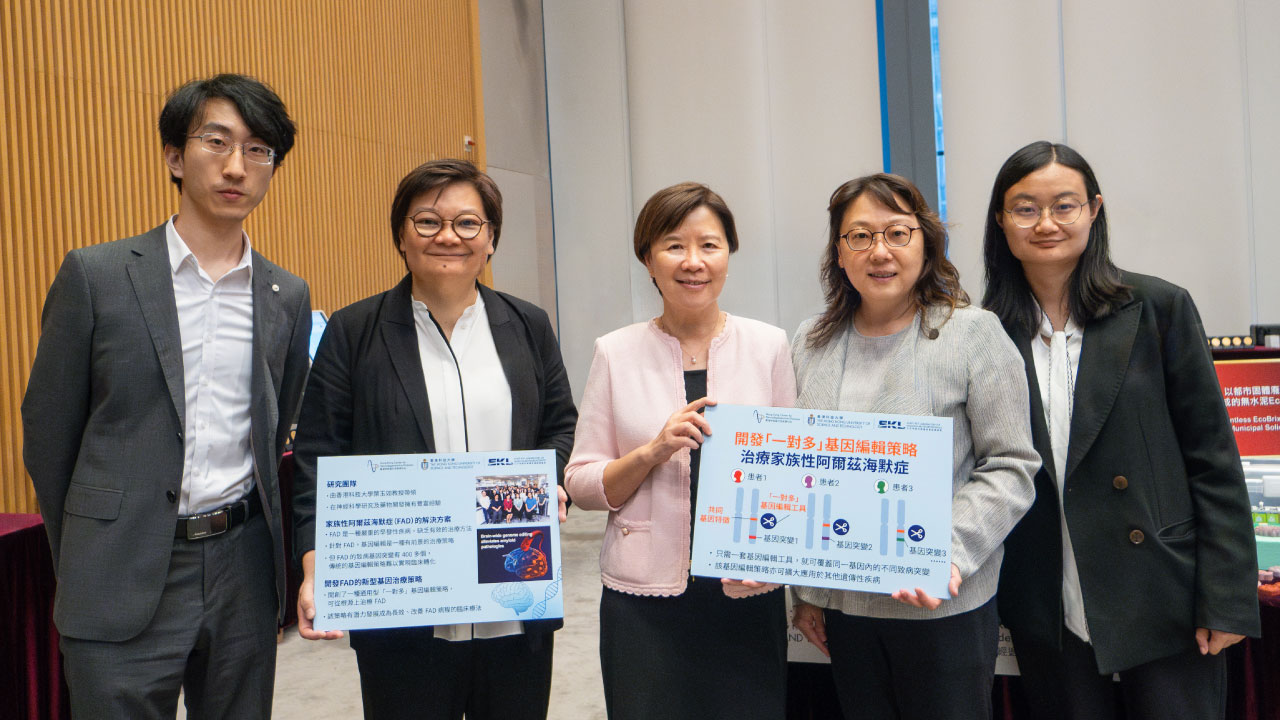
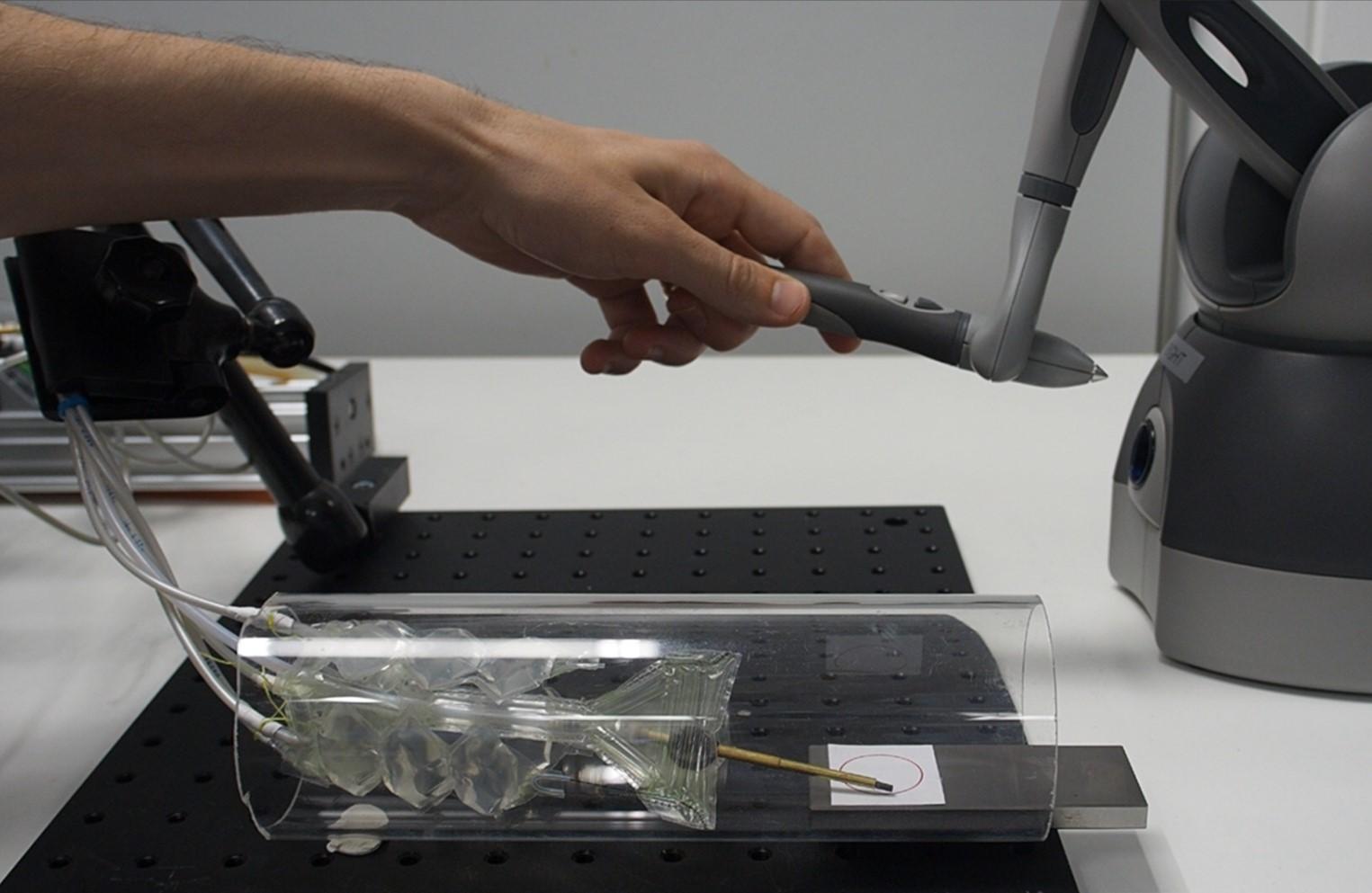


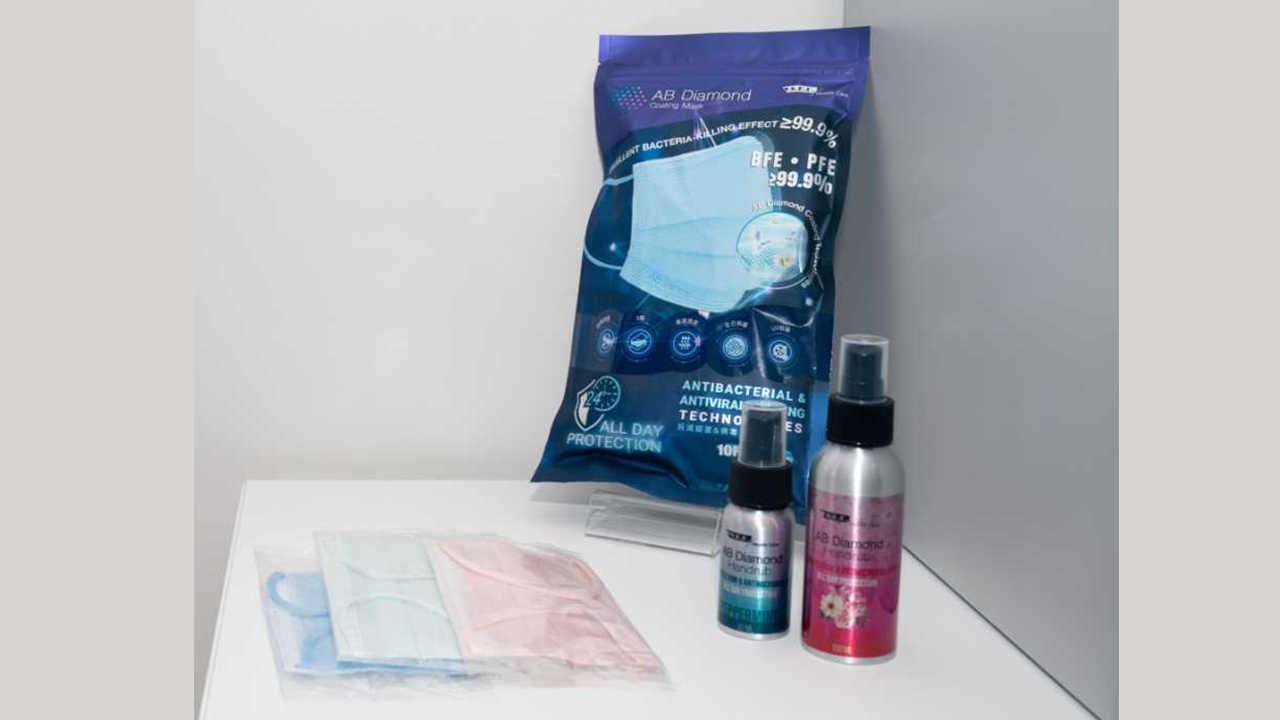
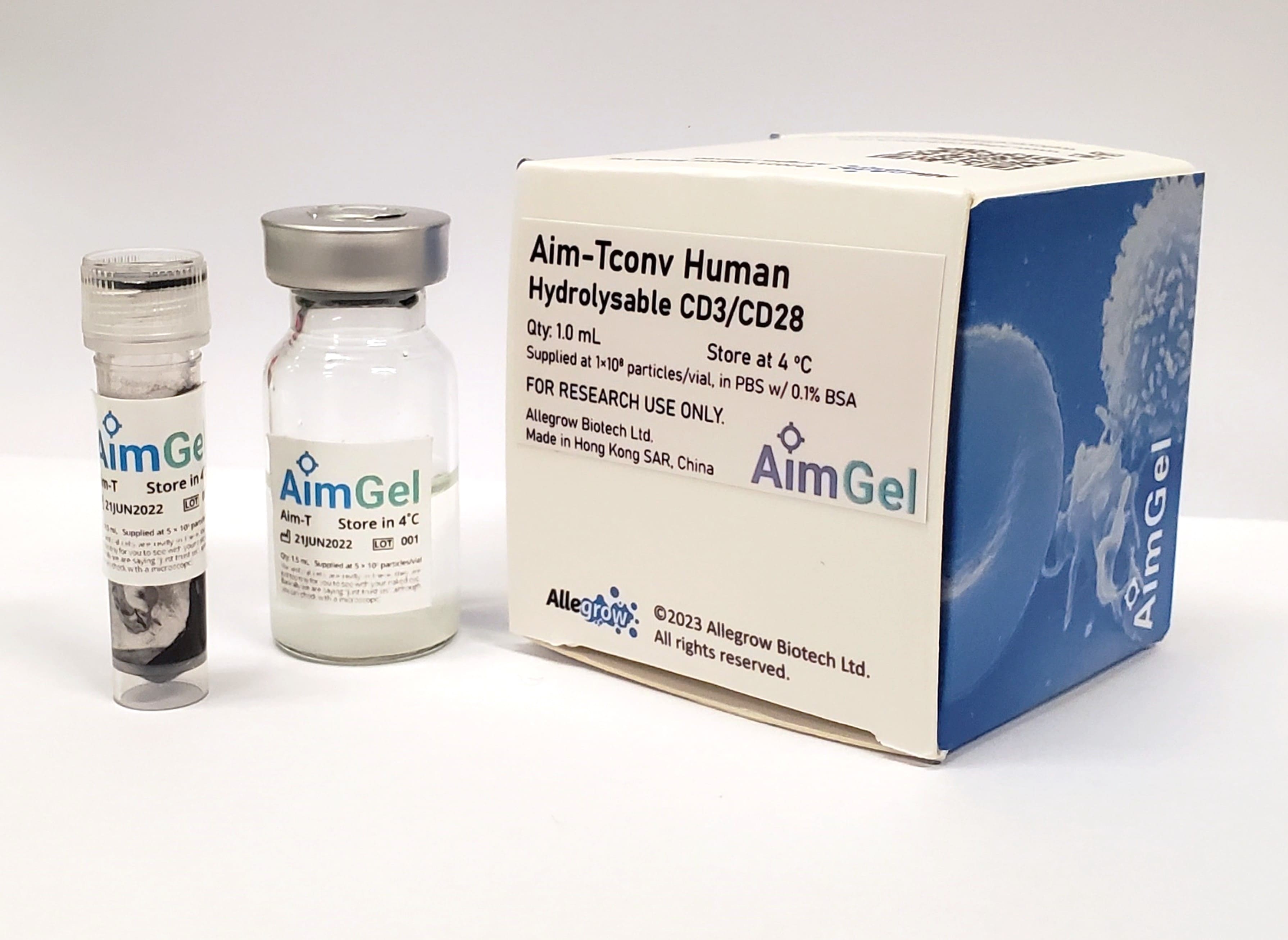
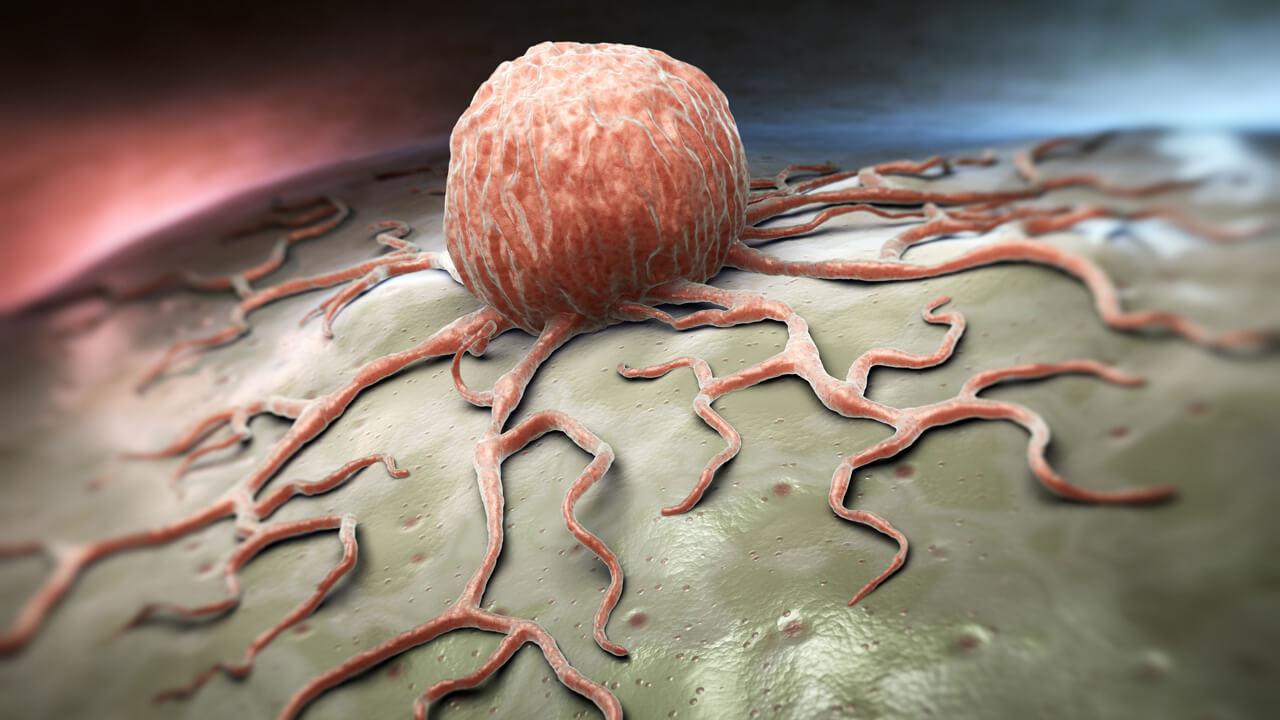
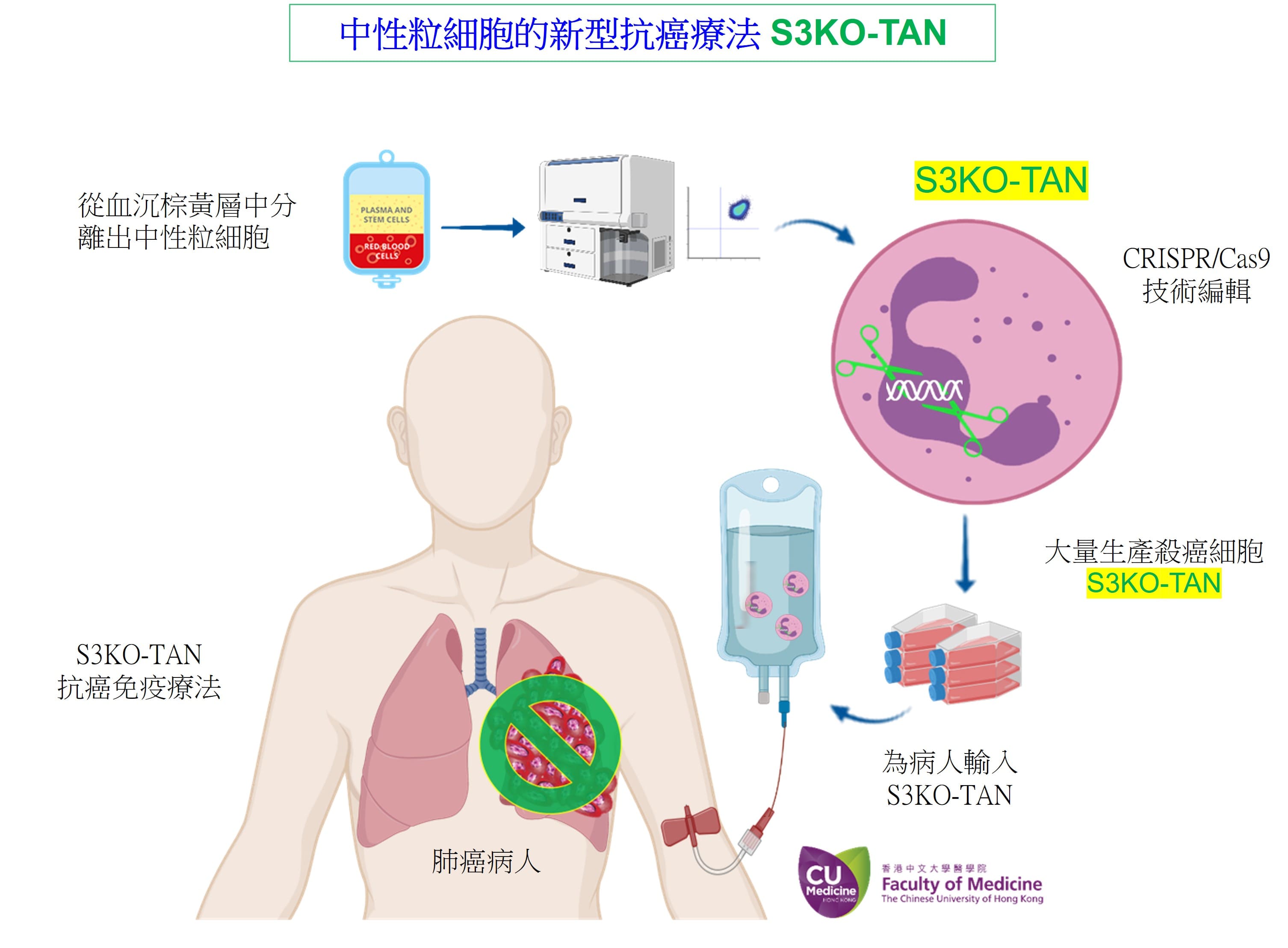

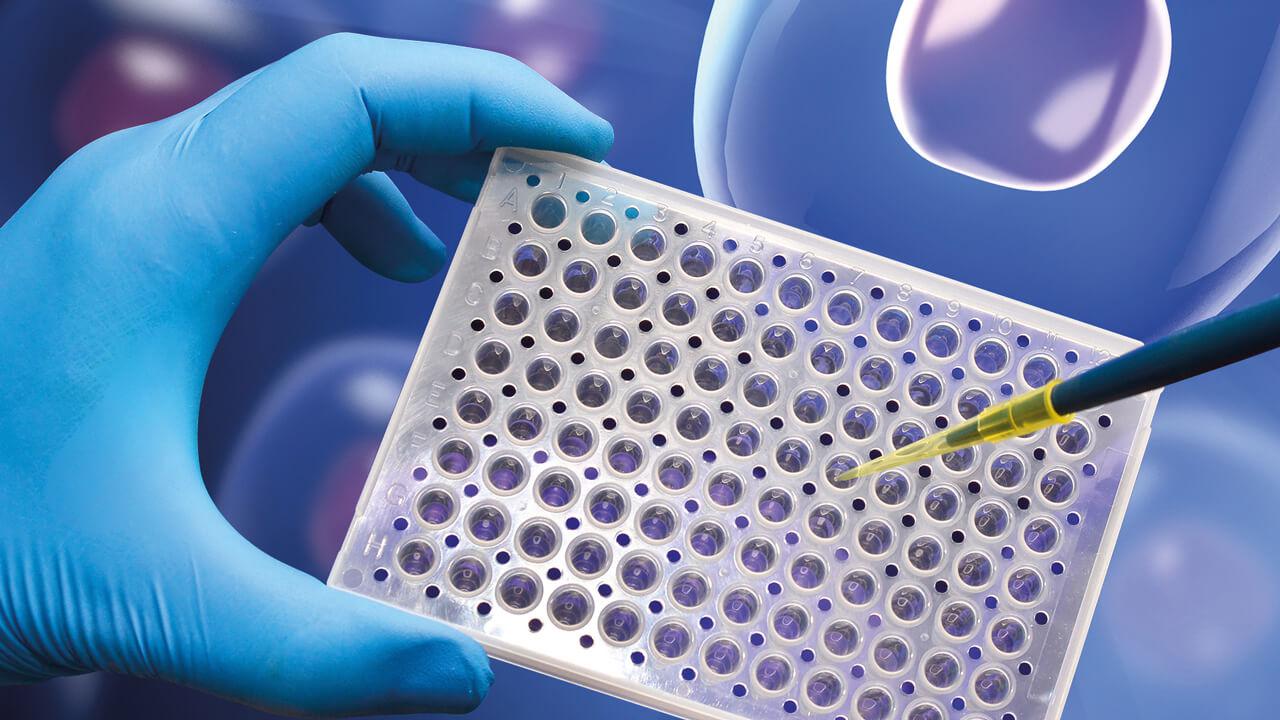
![Long COVID Test: [Non-Invasive Stool Test to detect distinct gut microbiome profile associated with “Long COVID”]](/uploads/image/202304/6802a81a4ec6afc2ac97f3912ec9a7f4.jpg)

